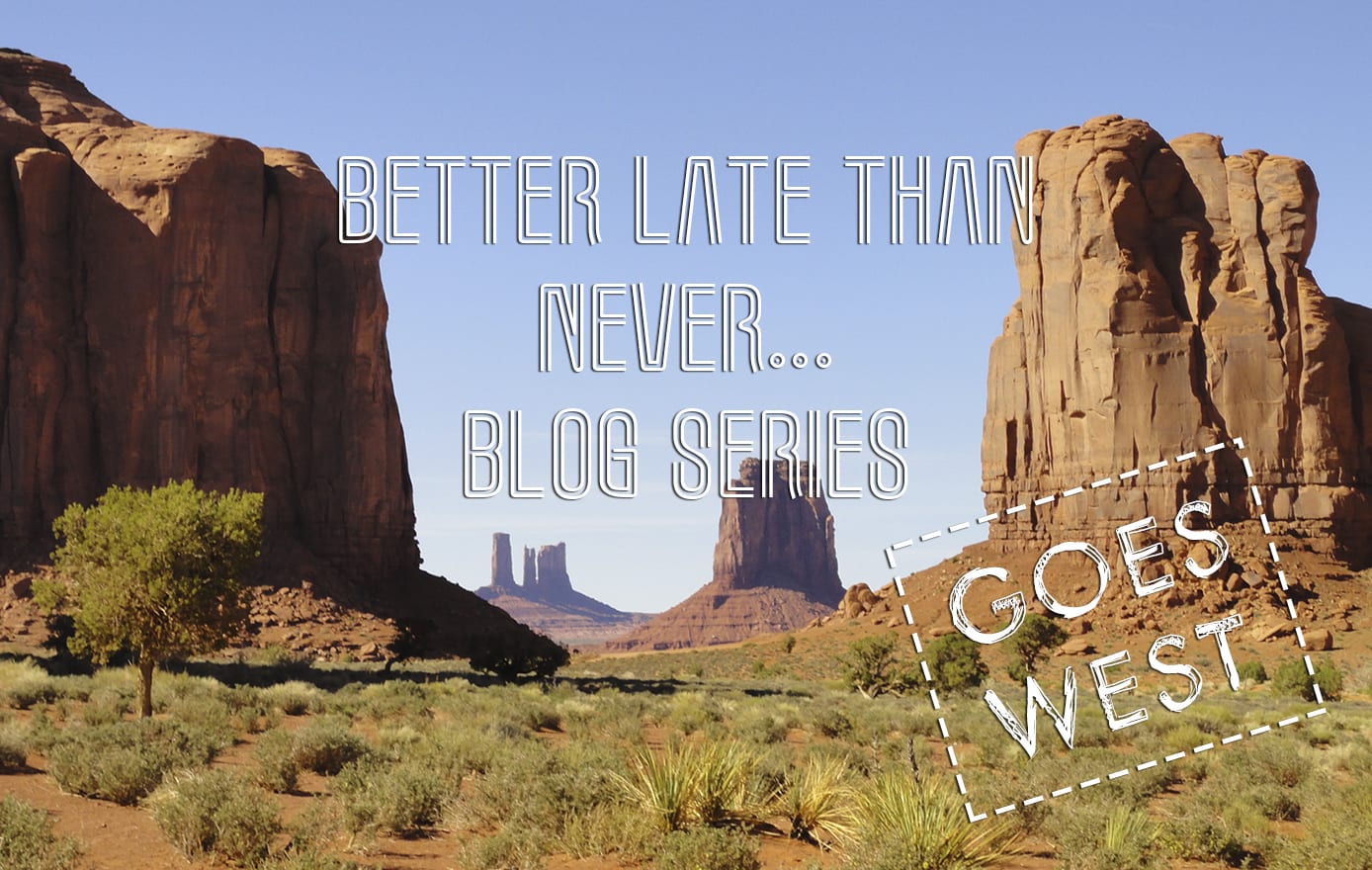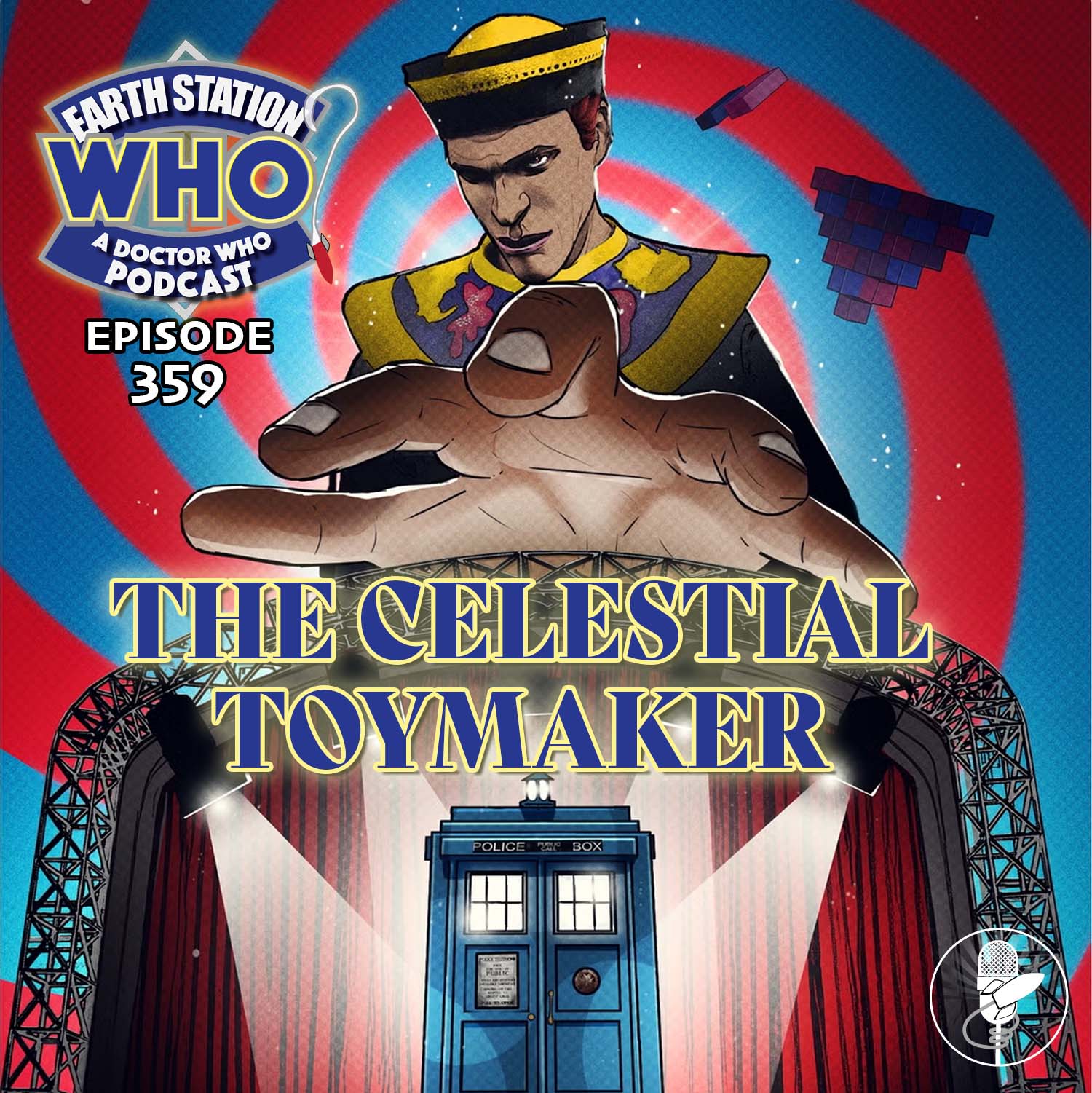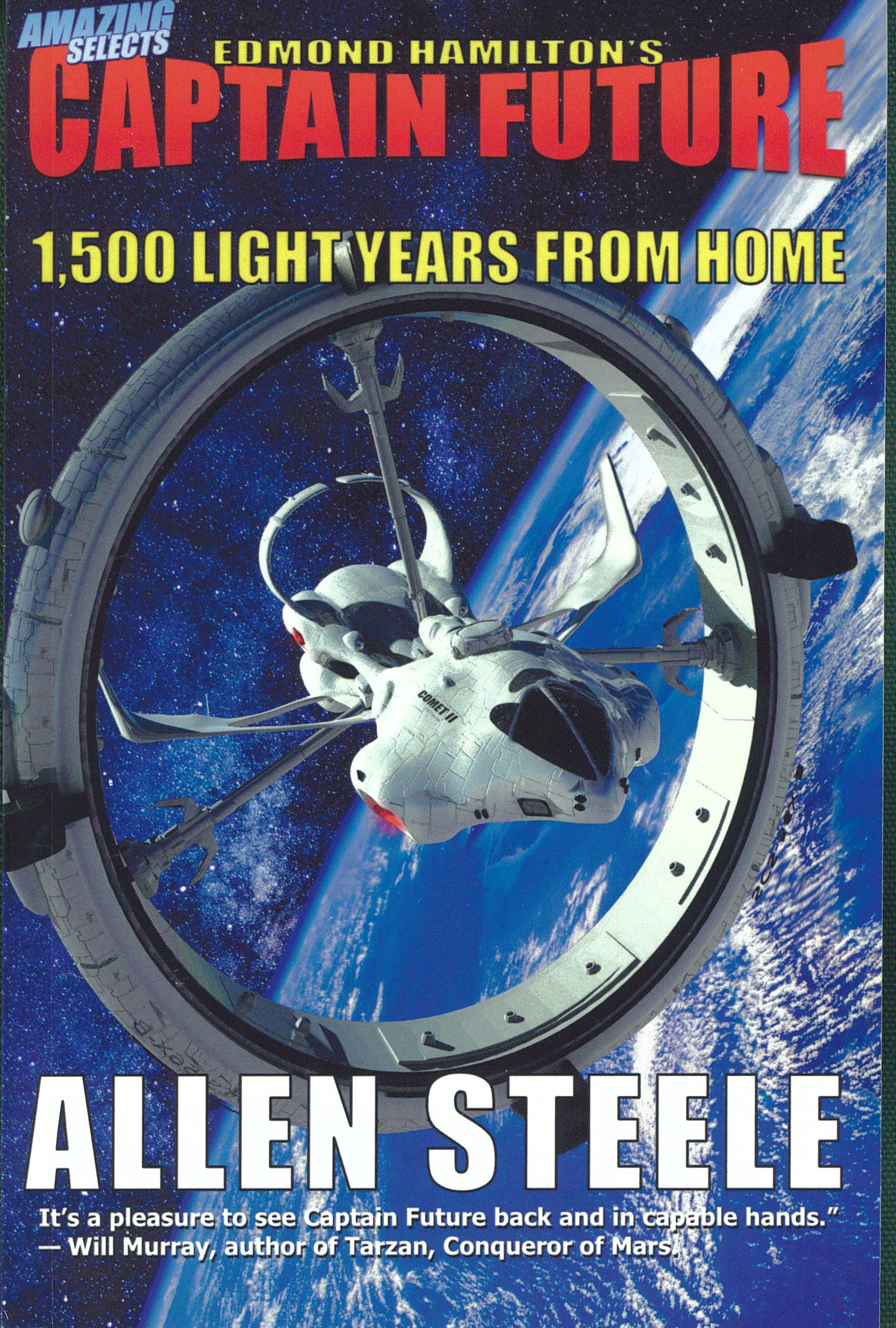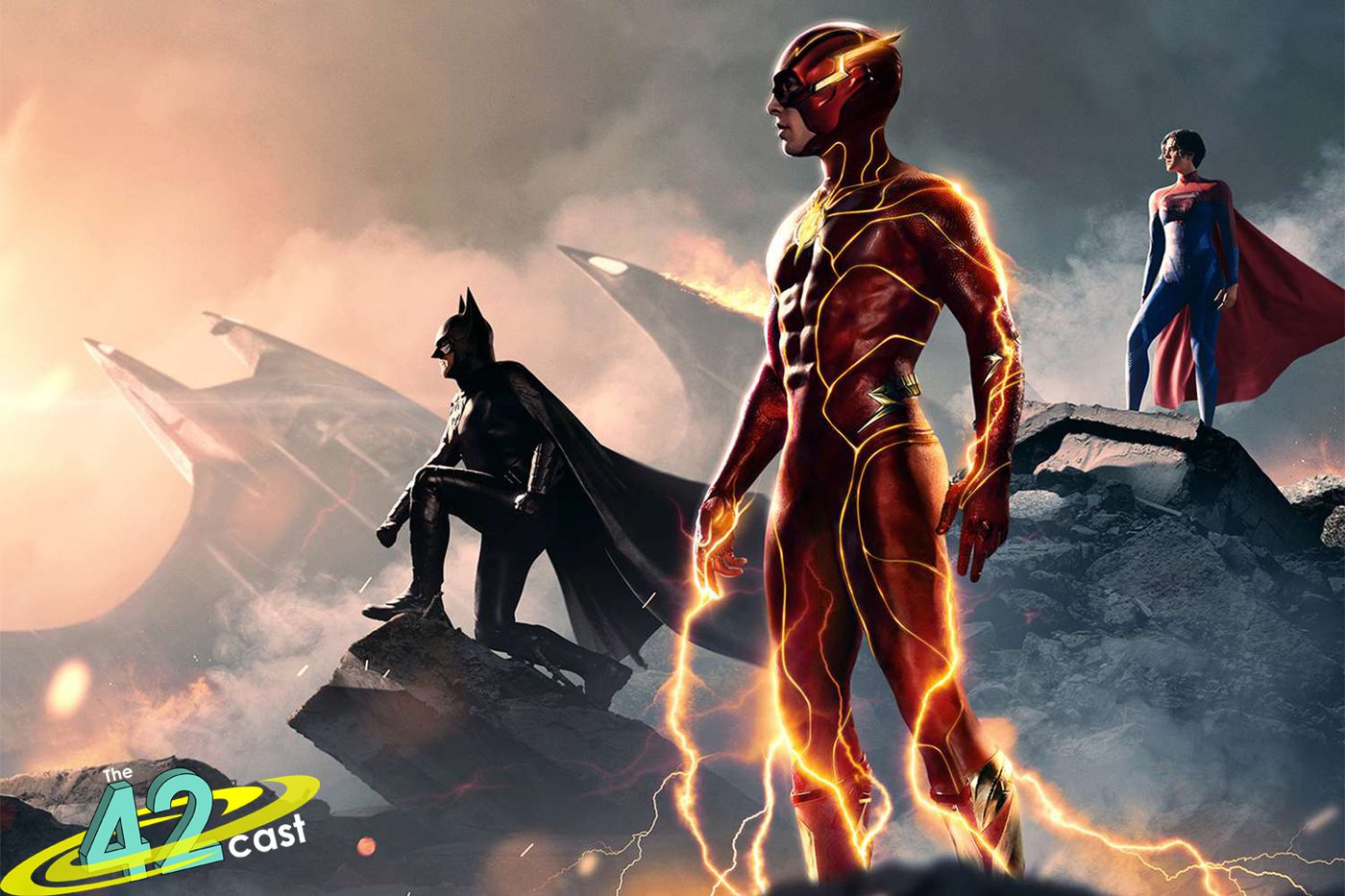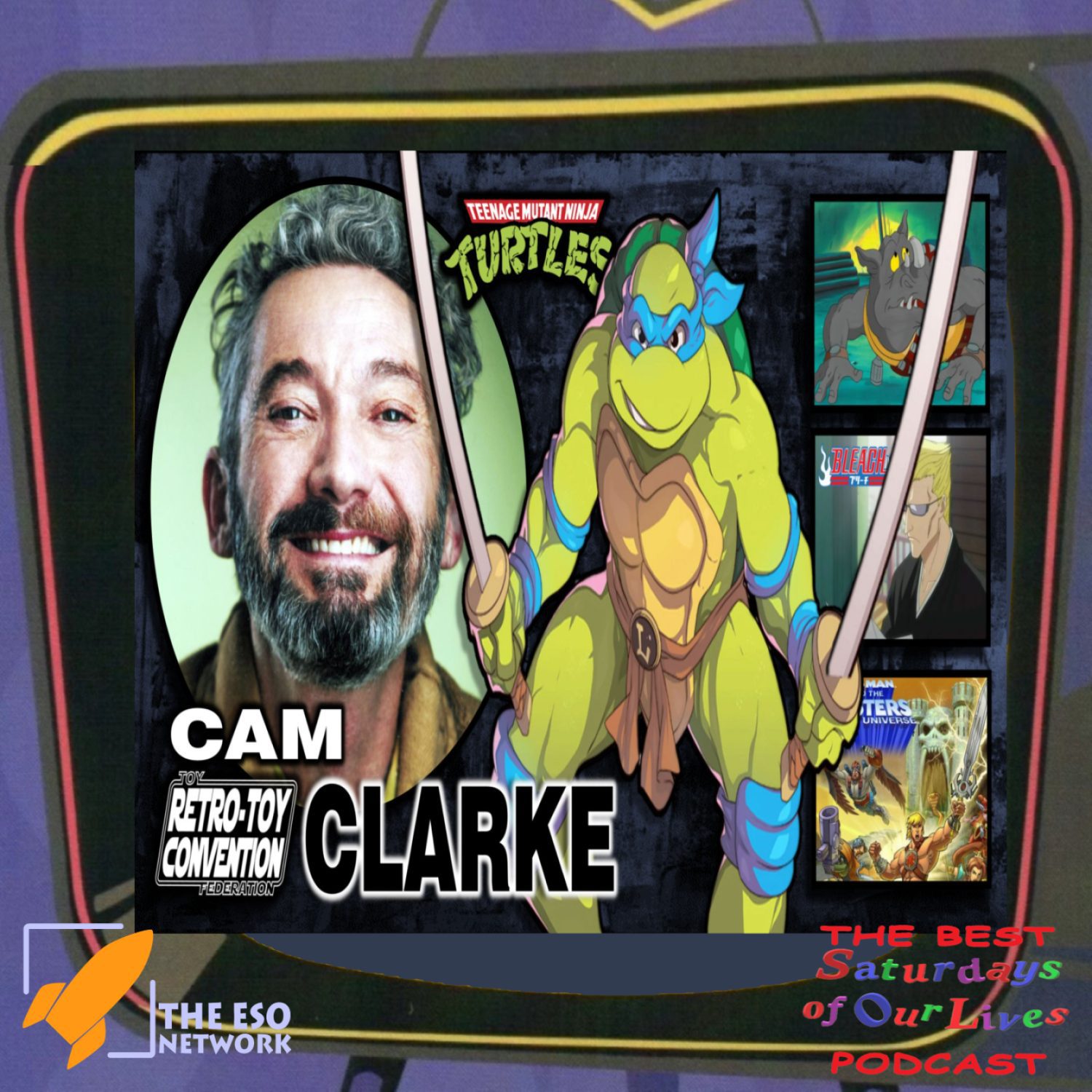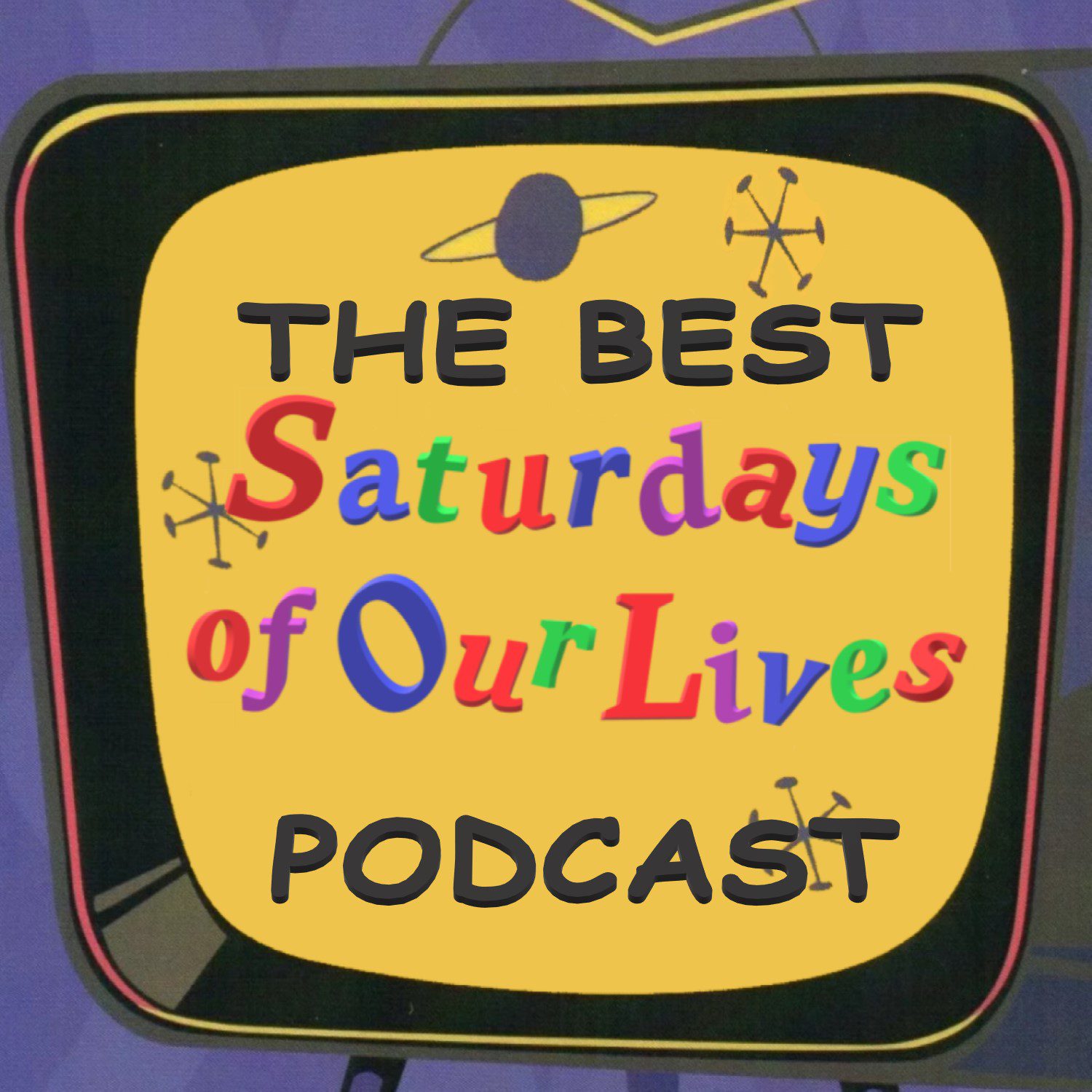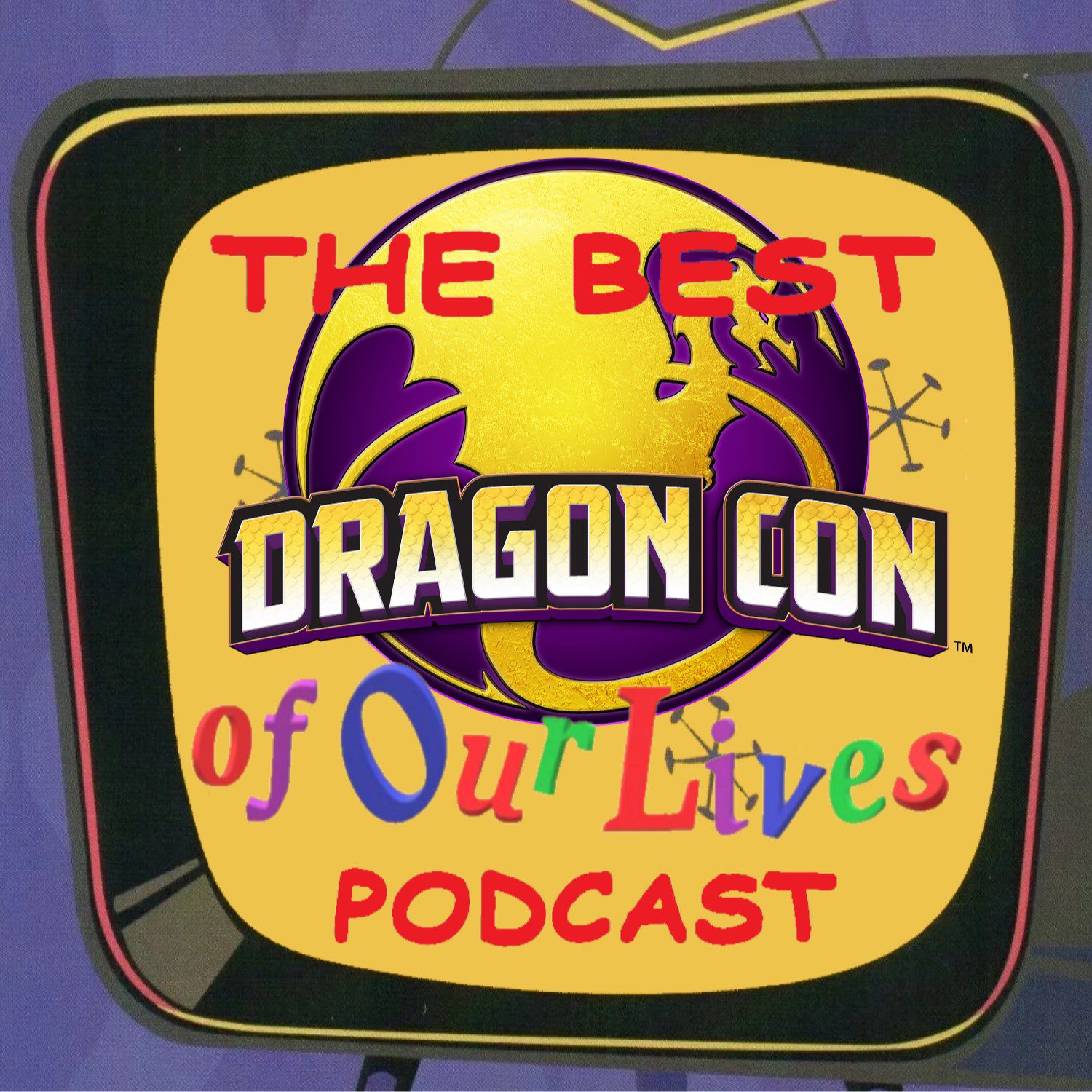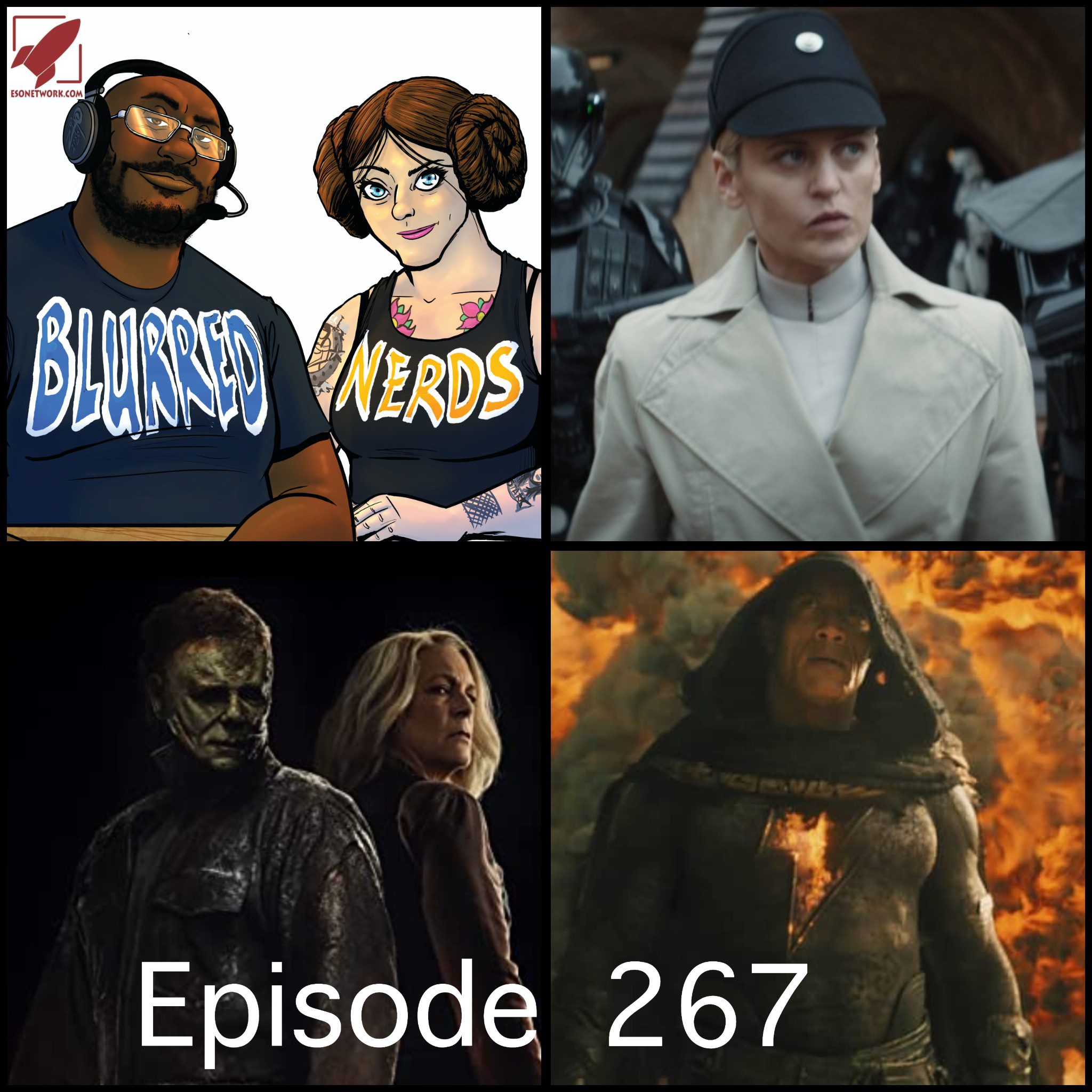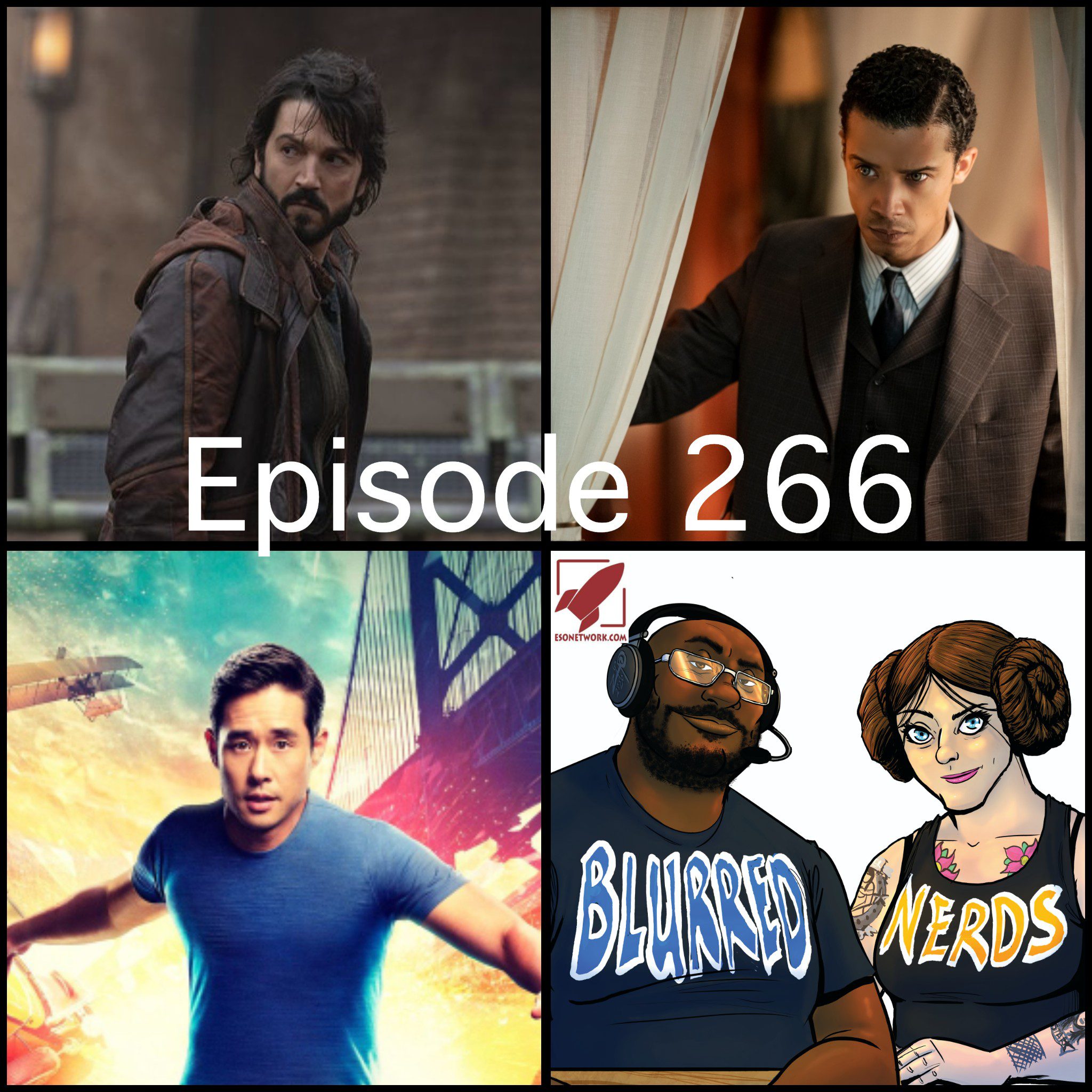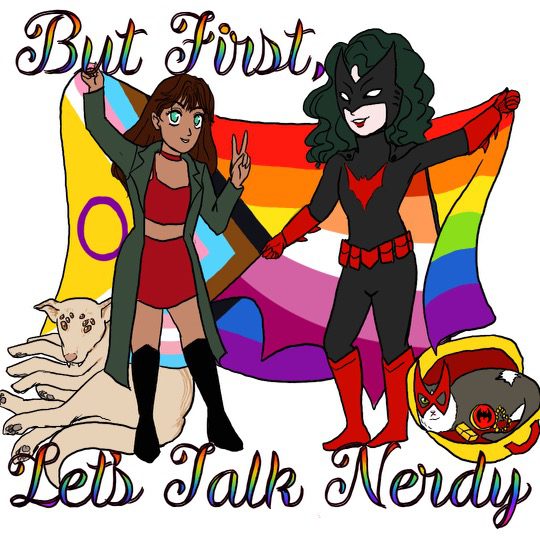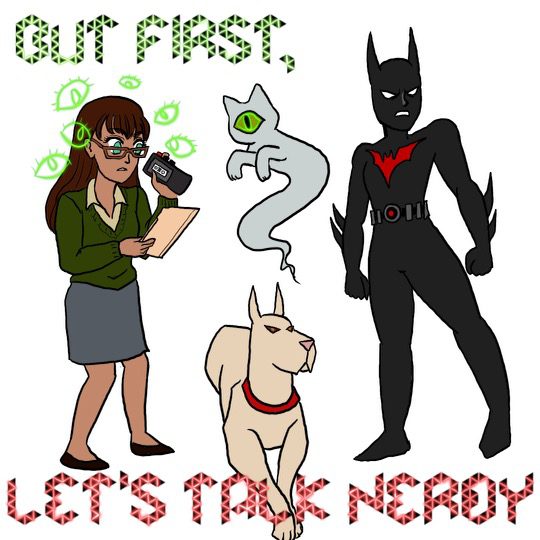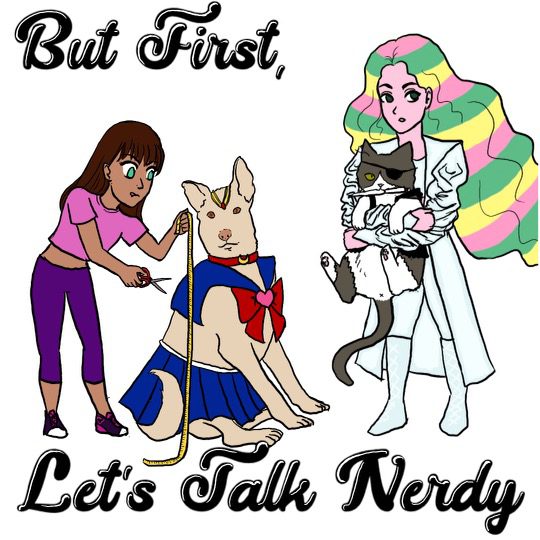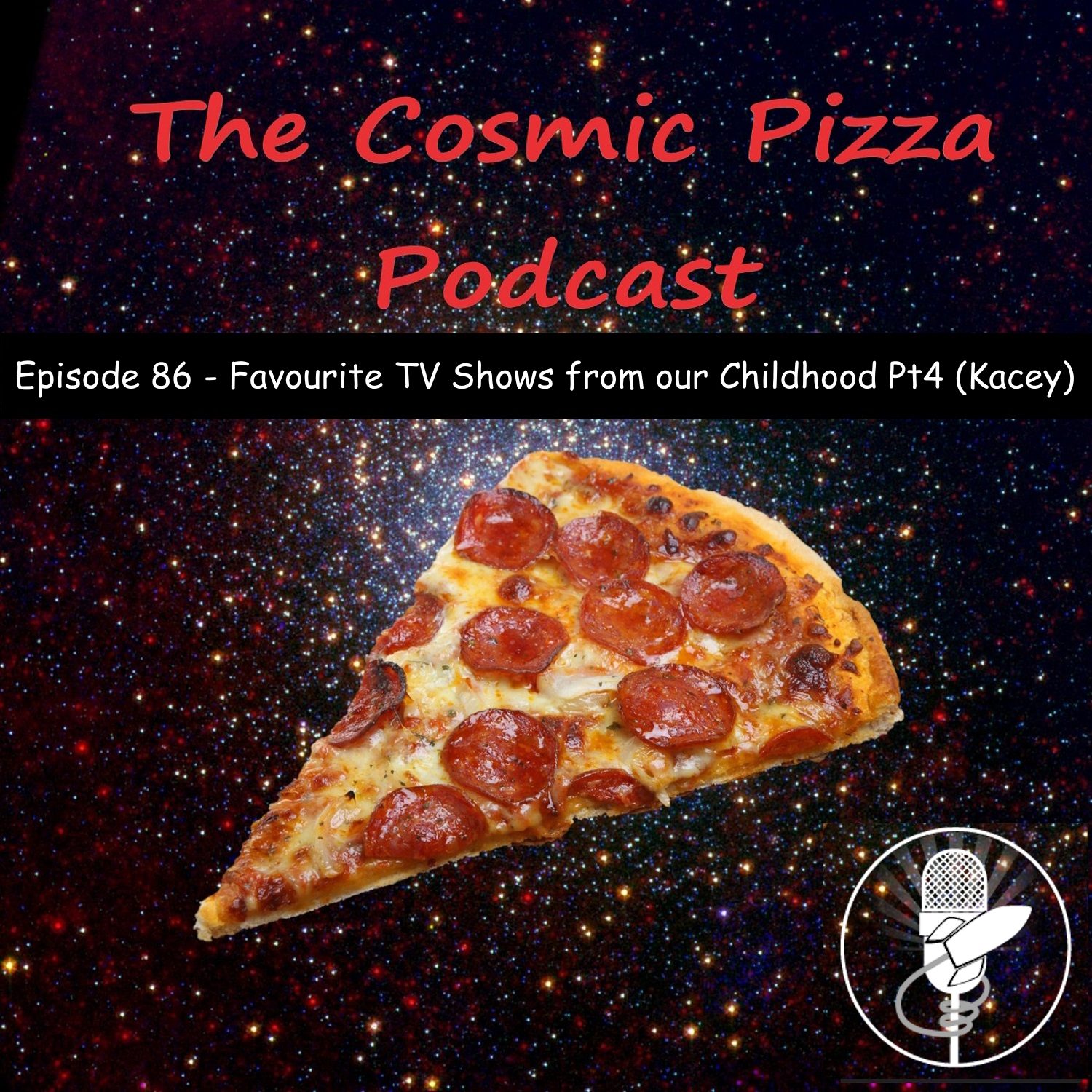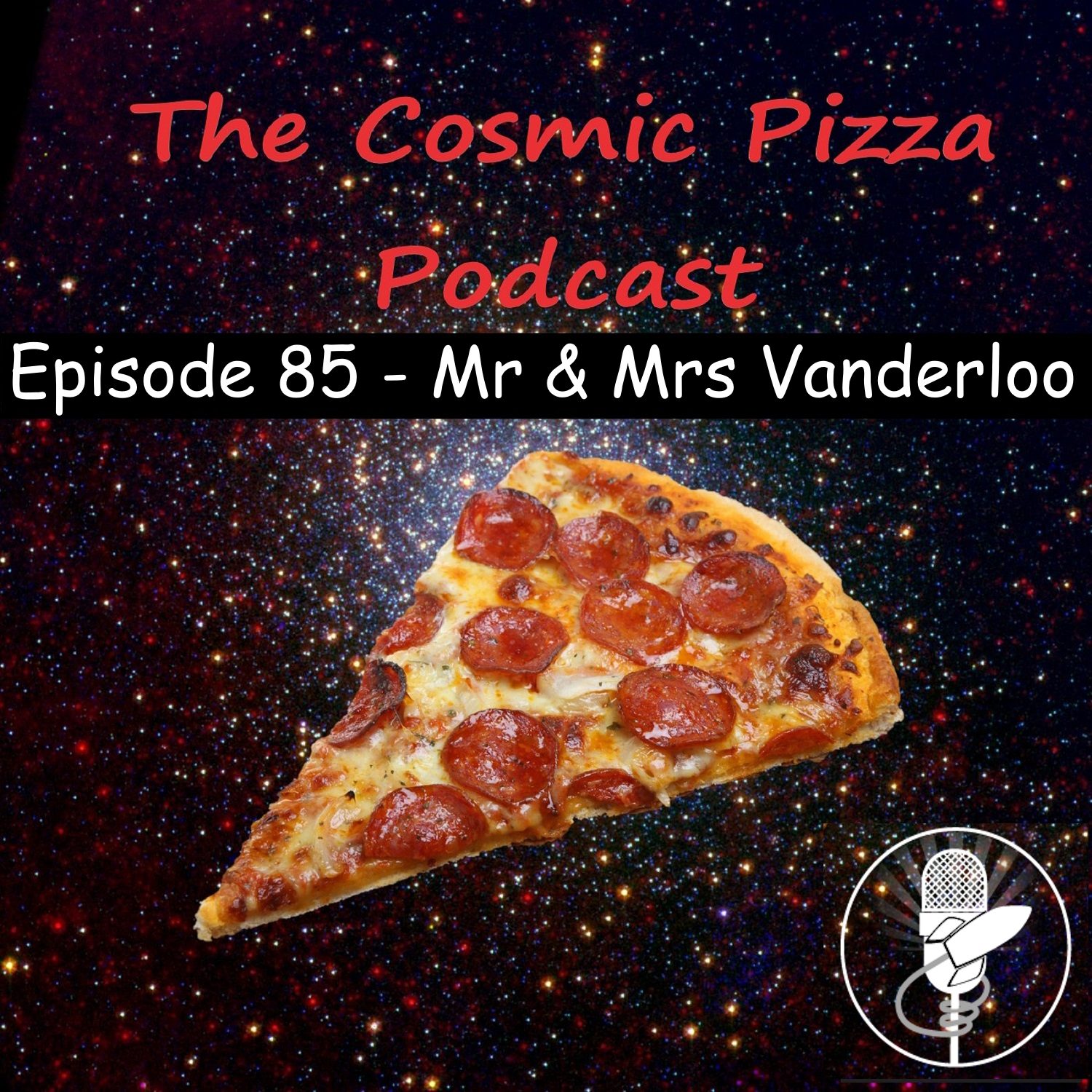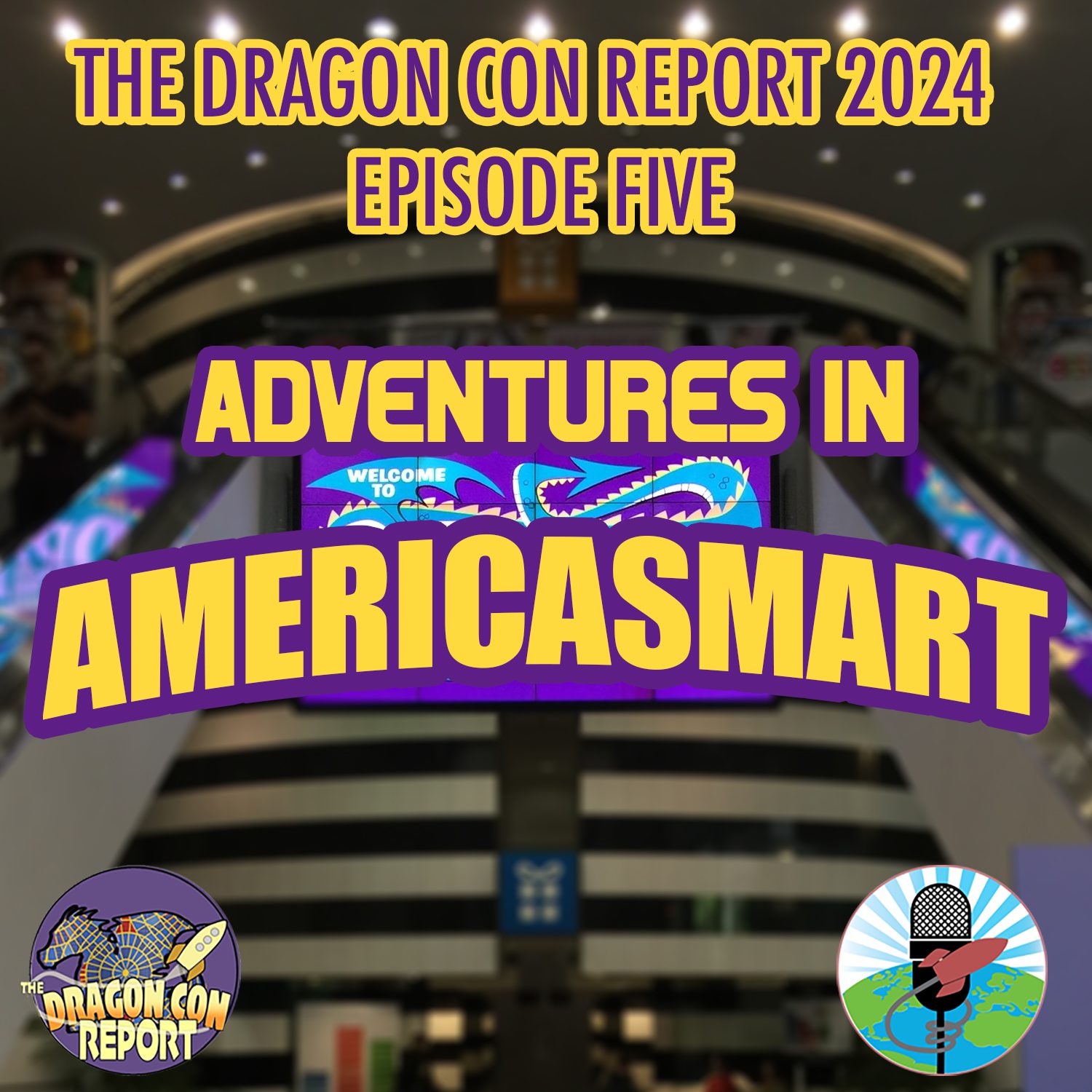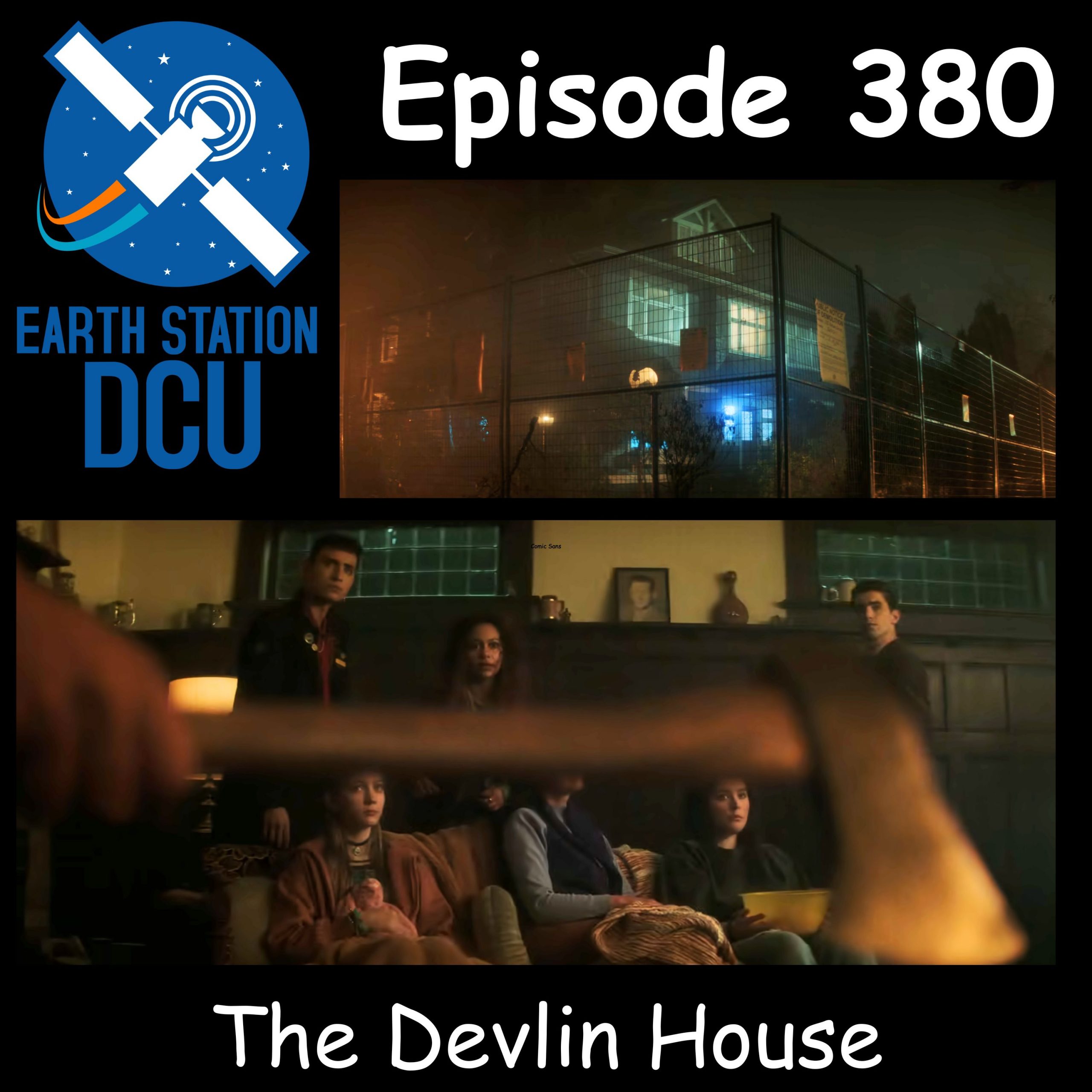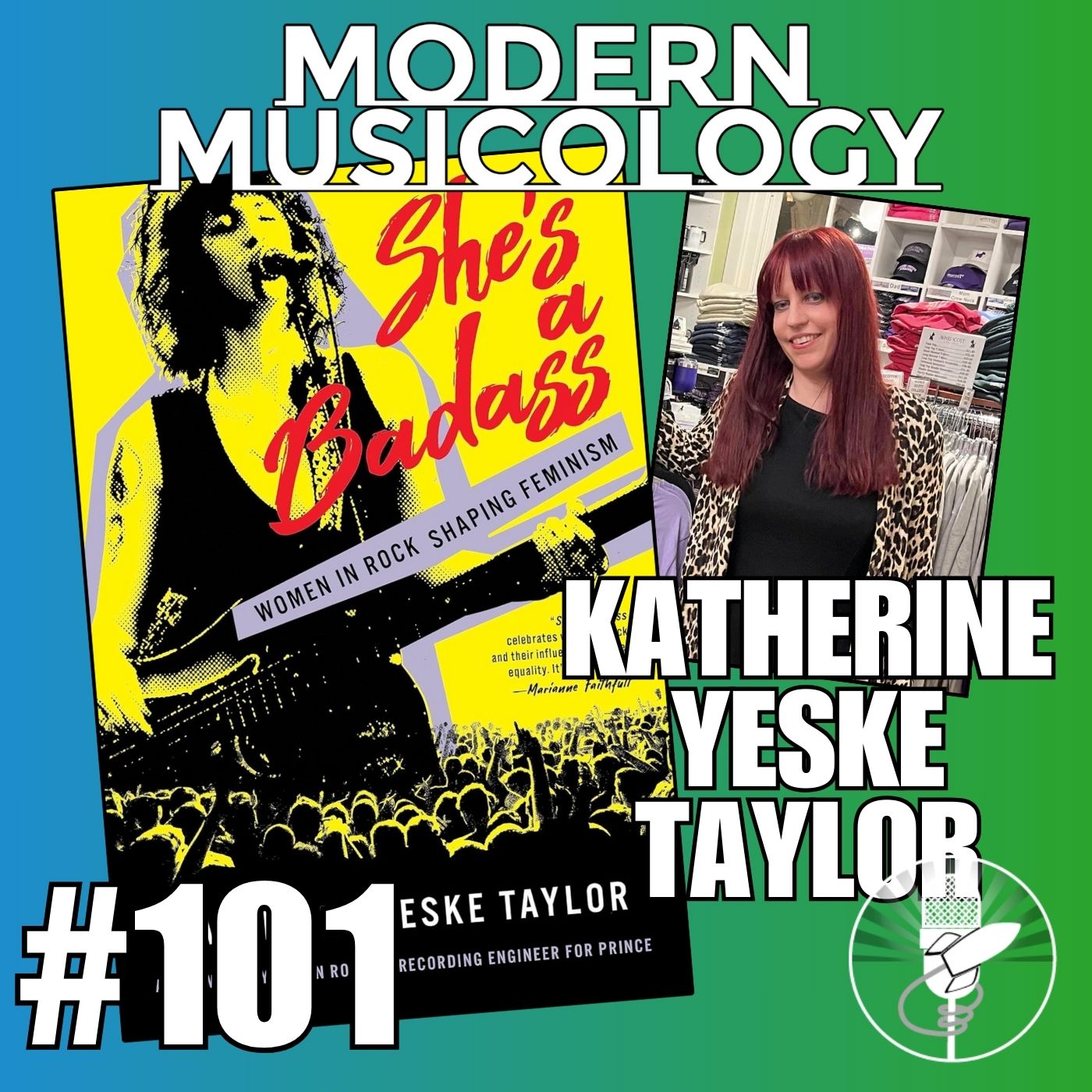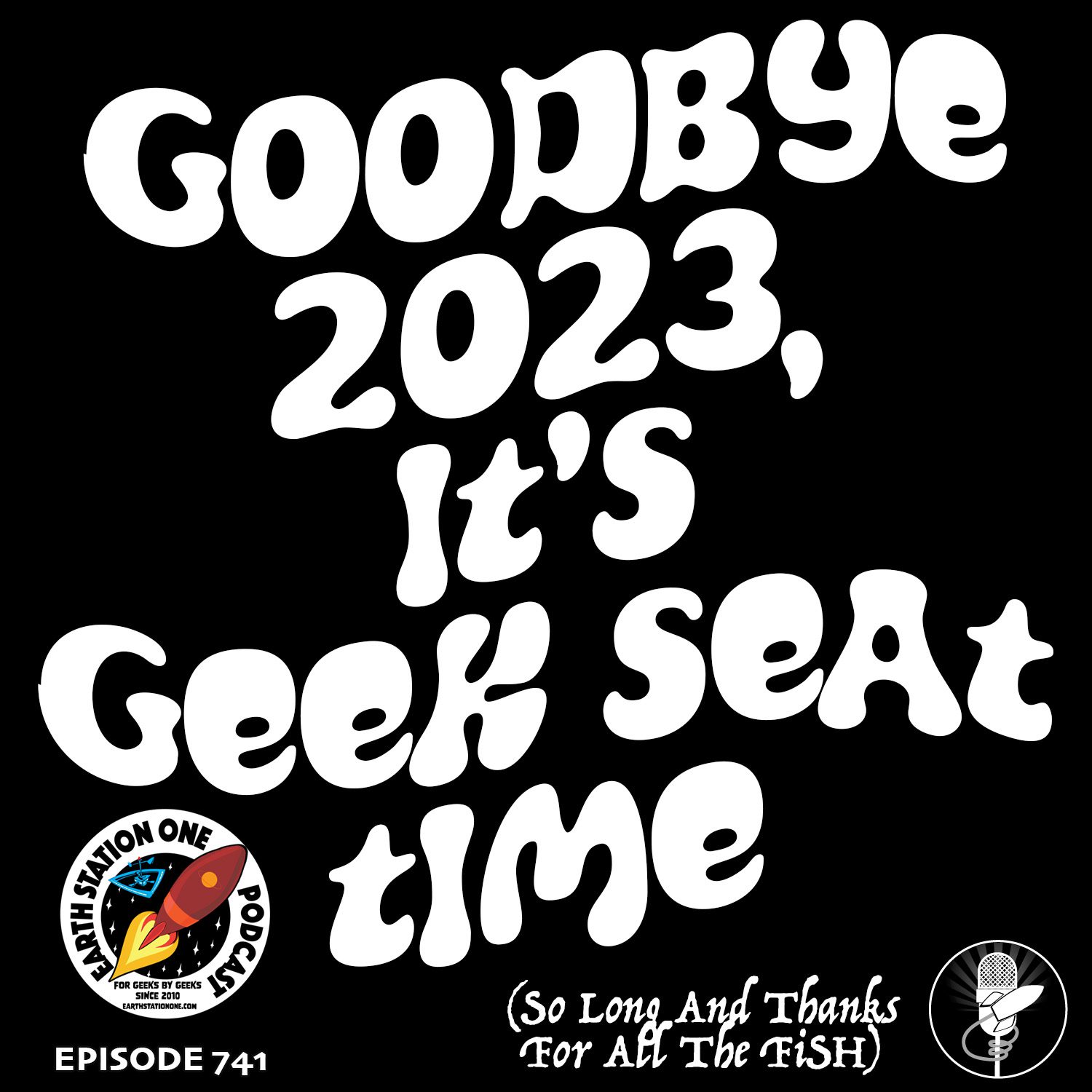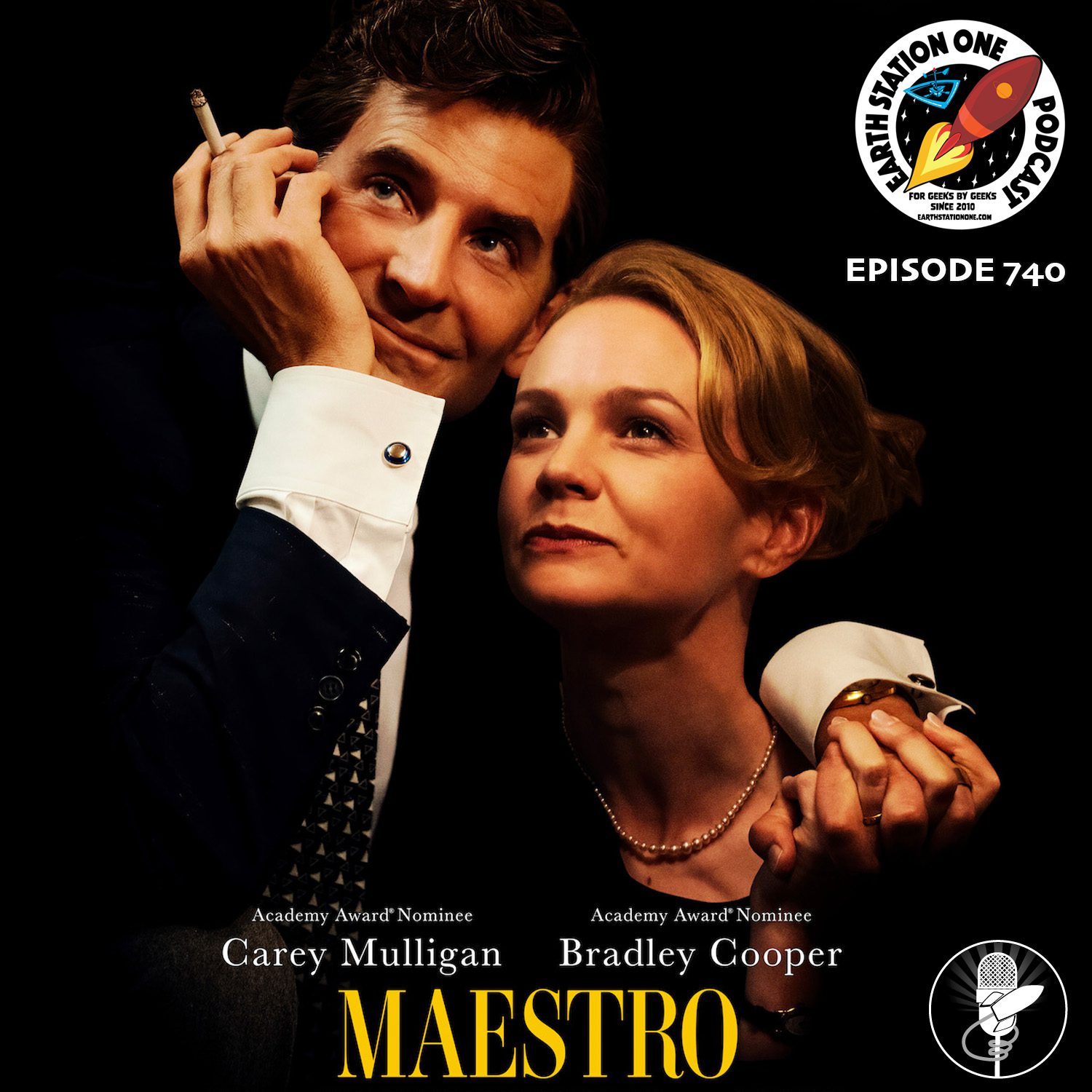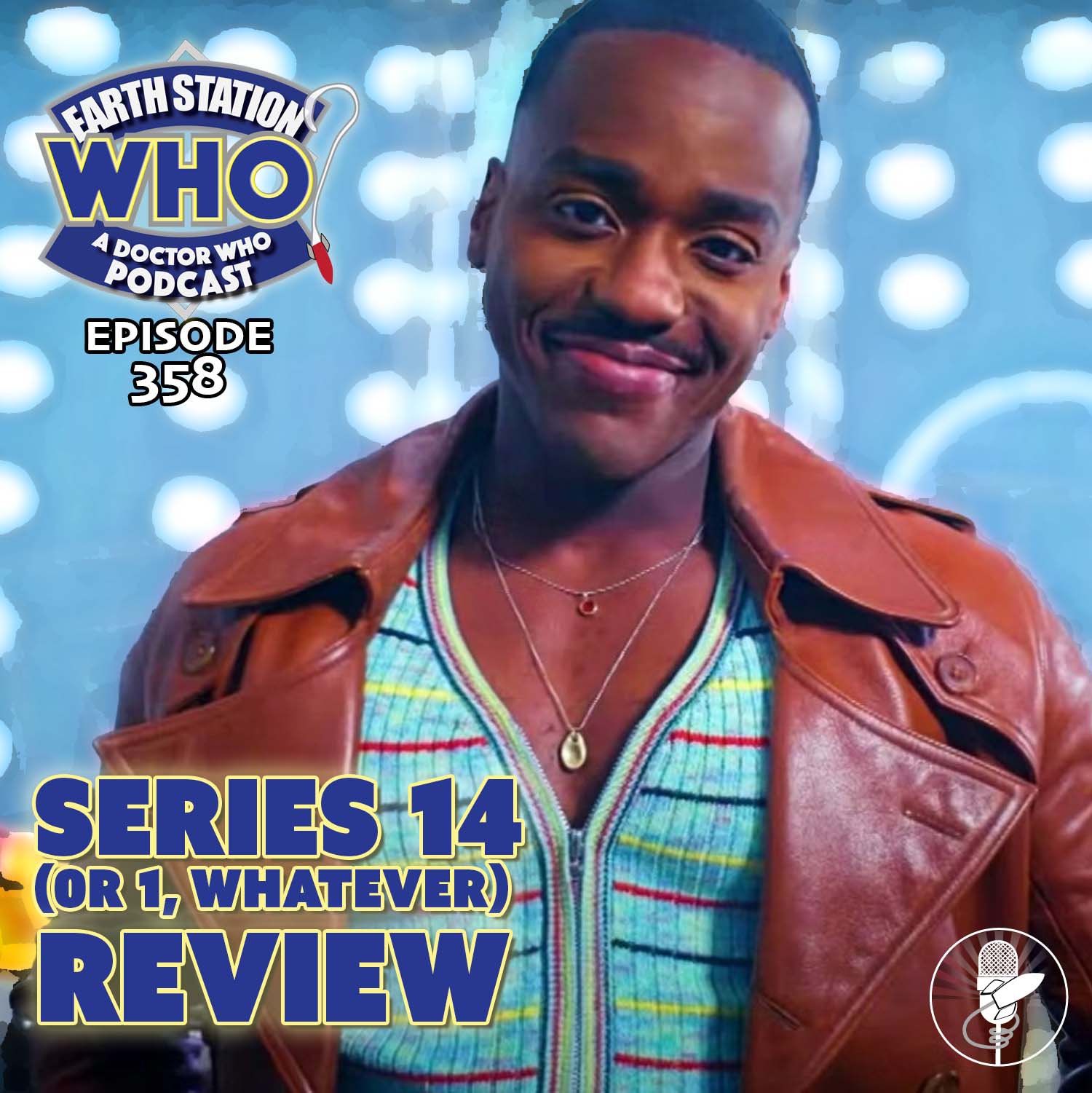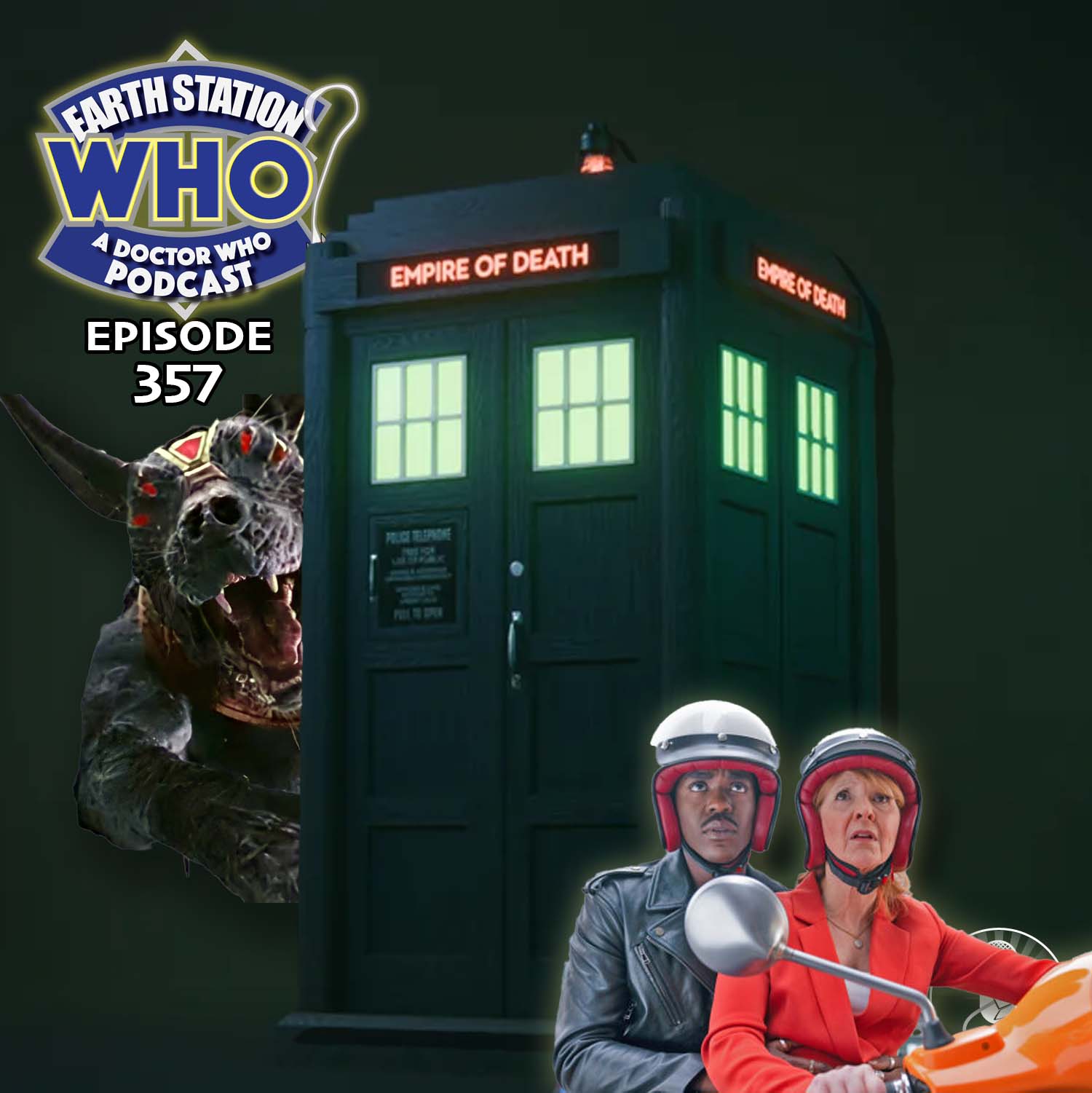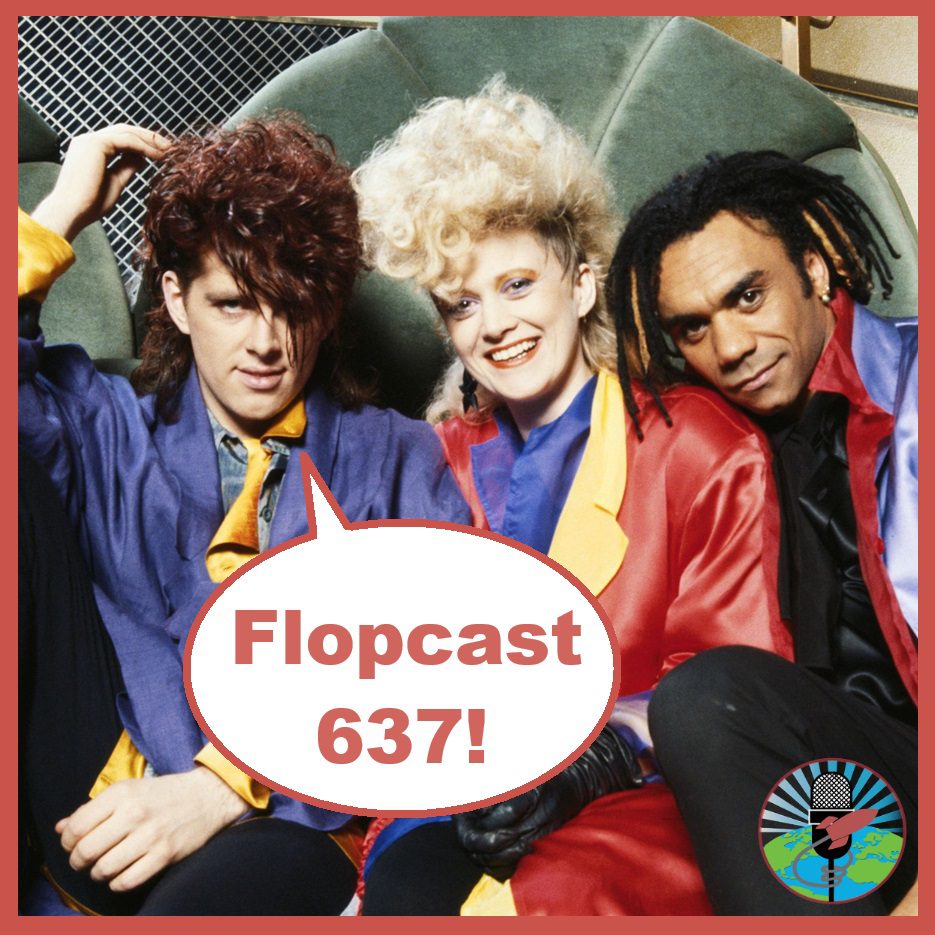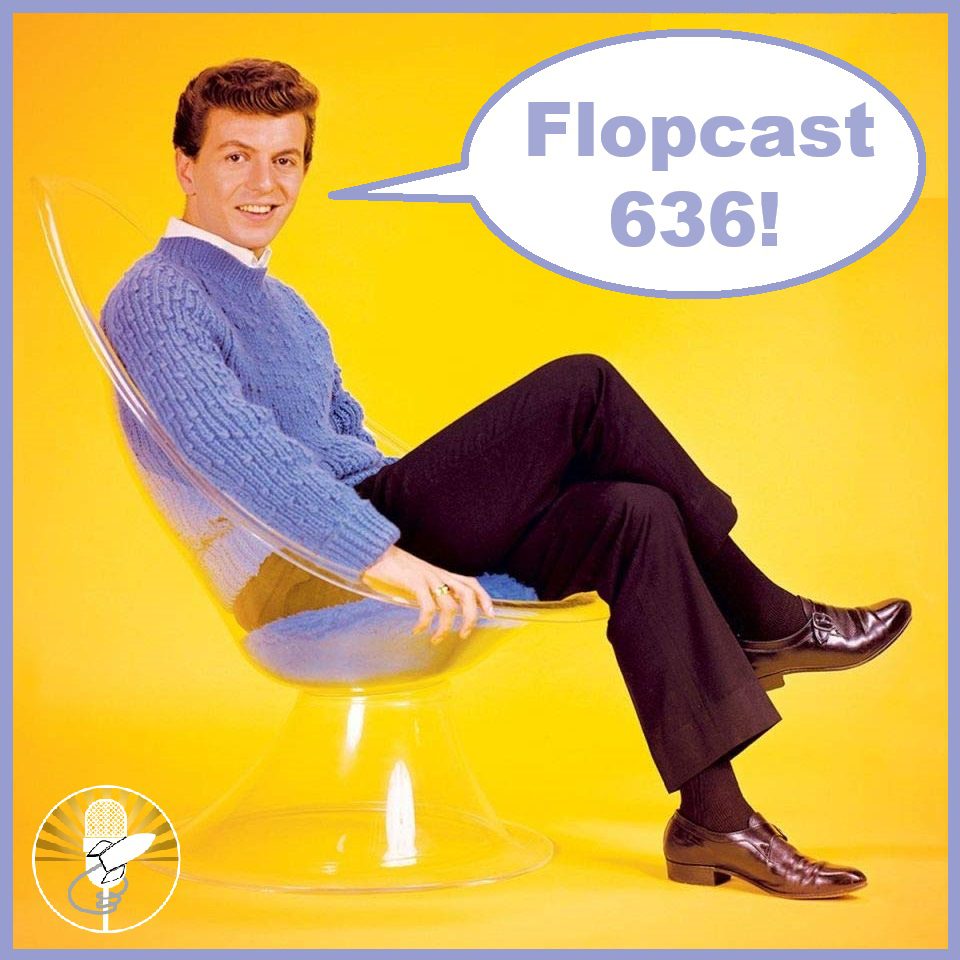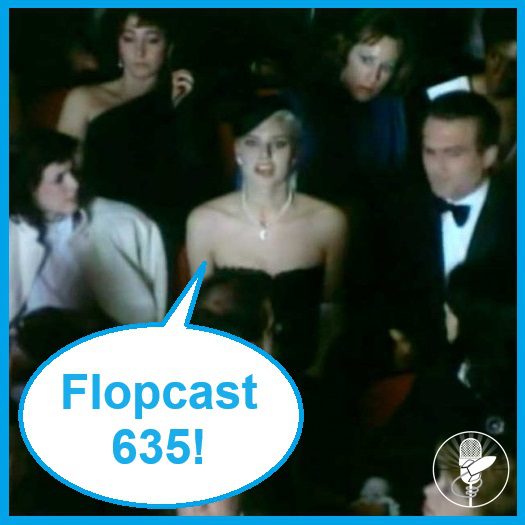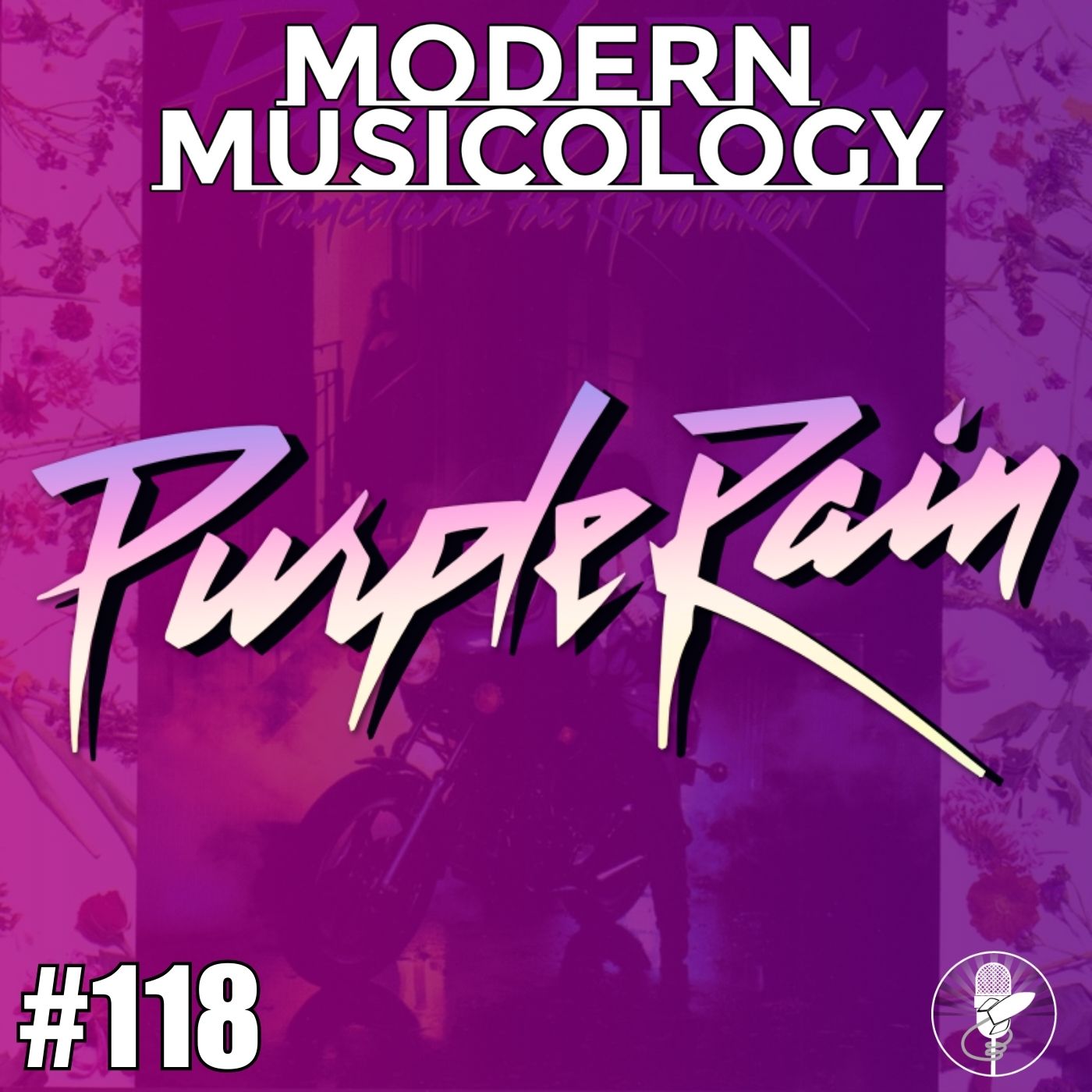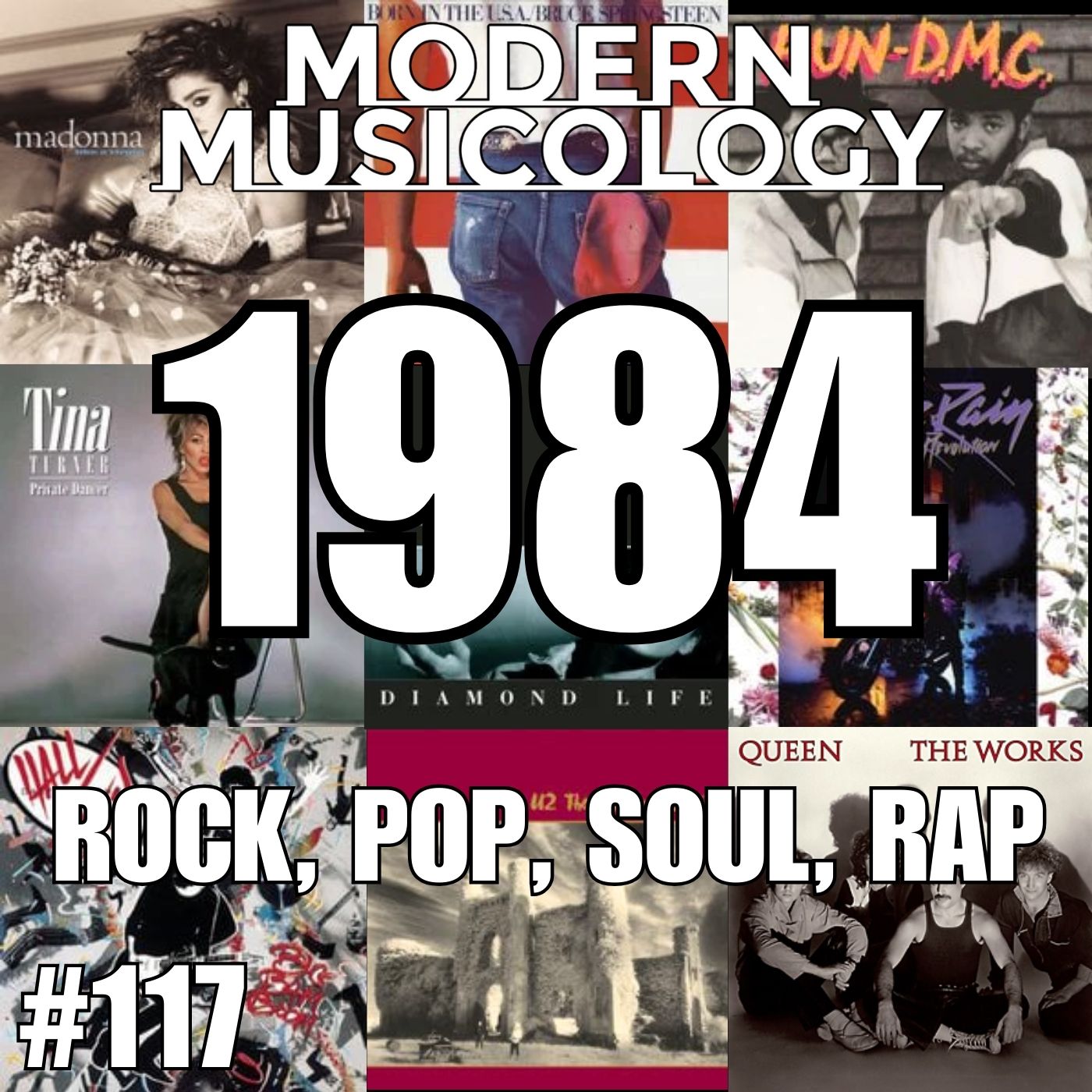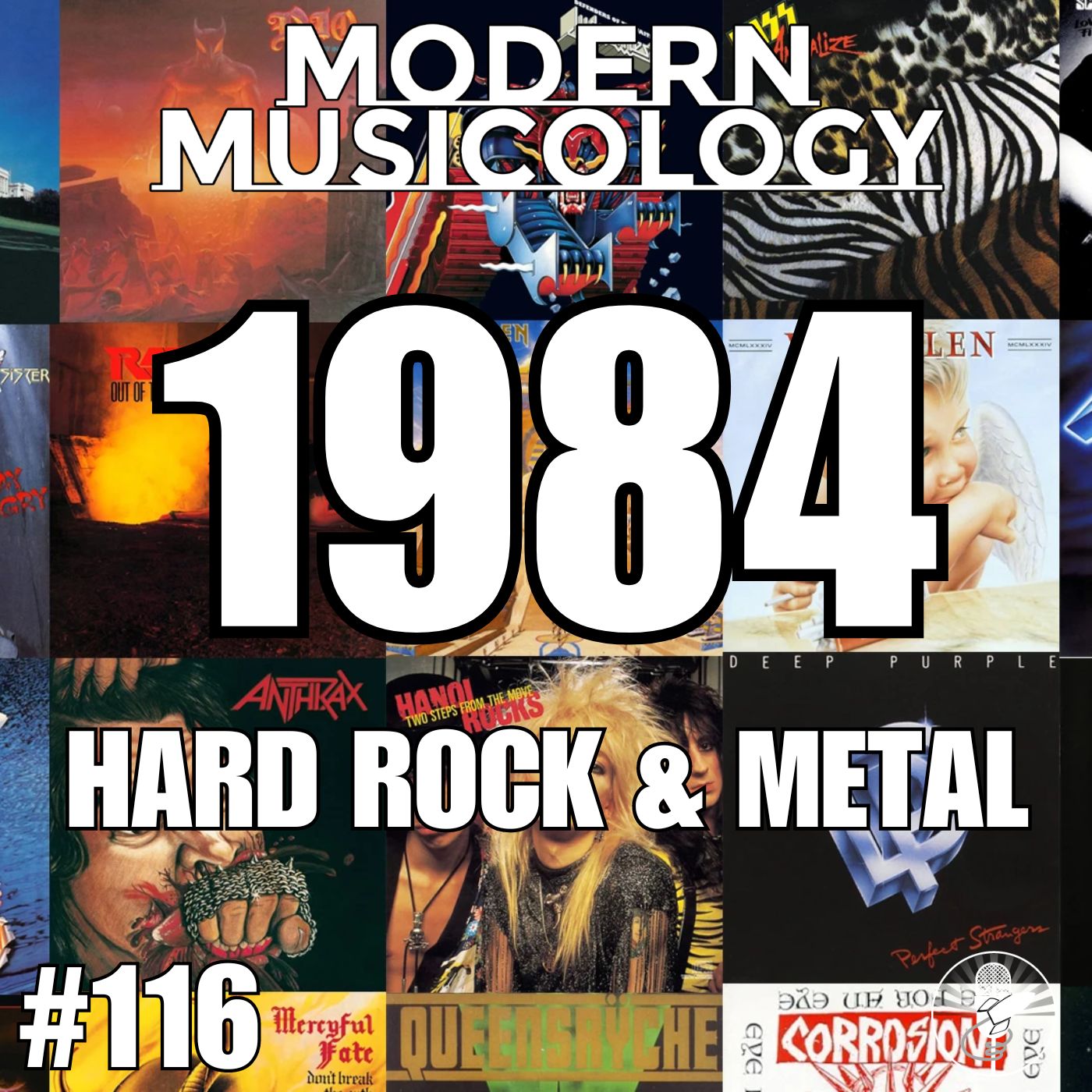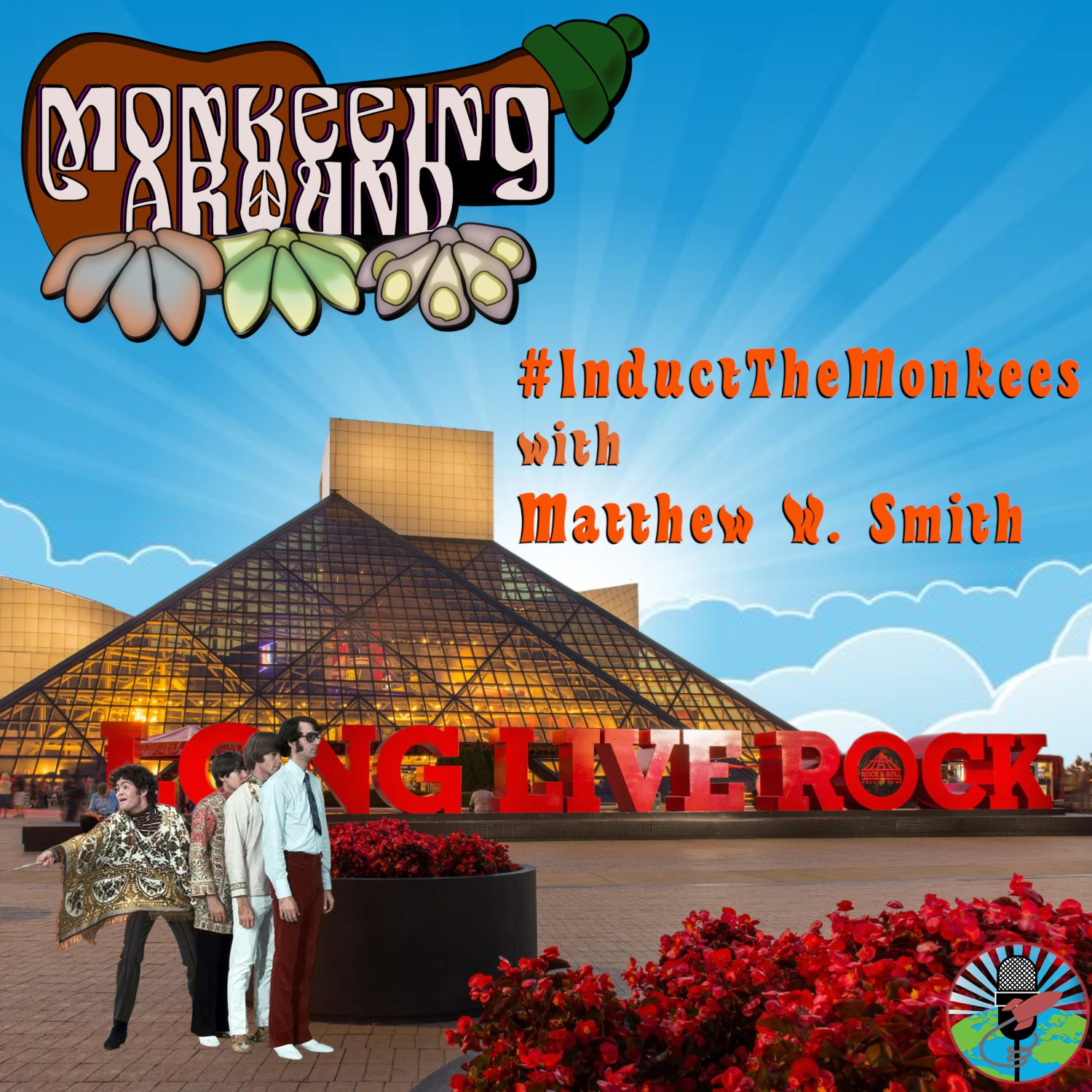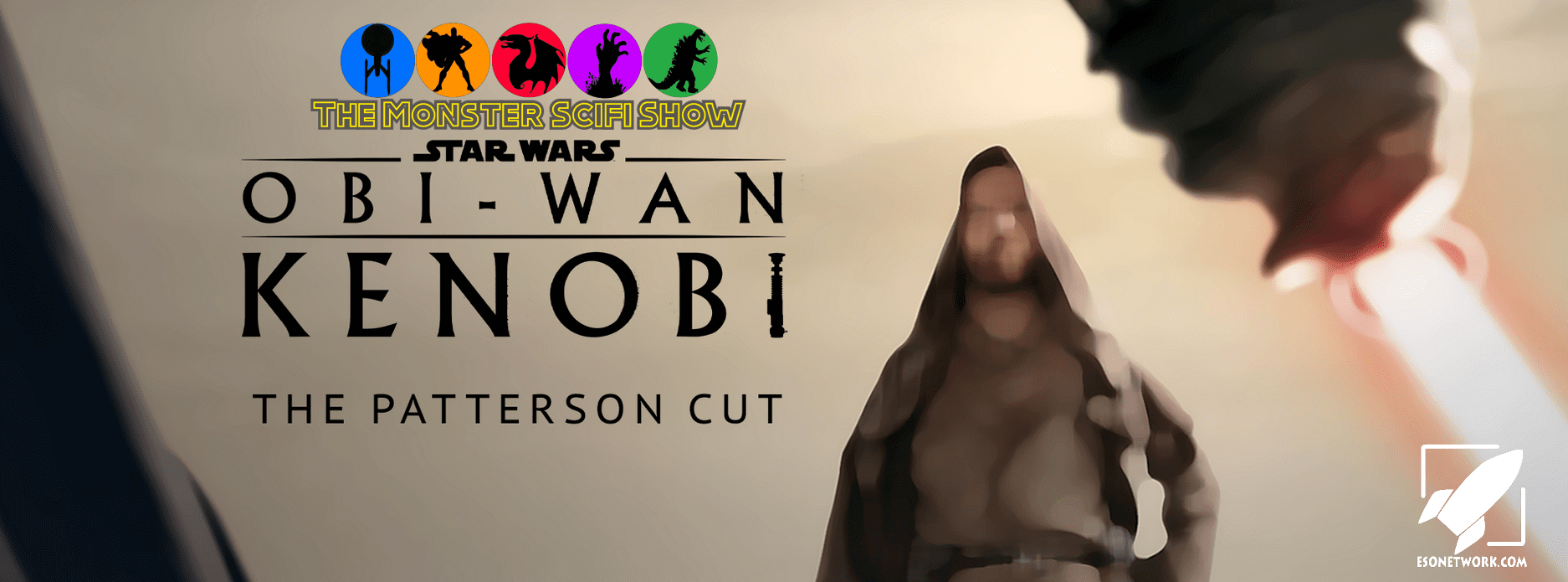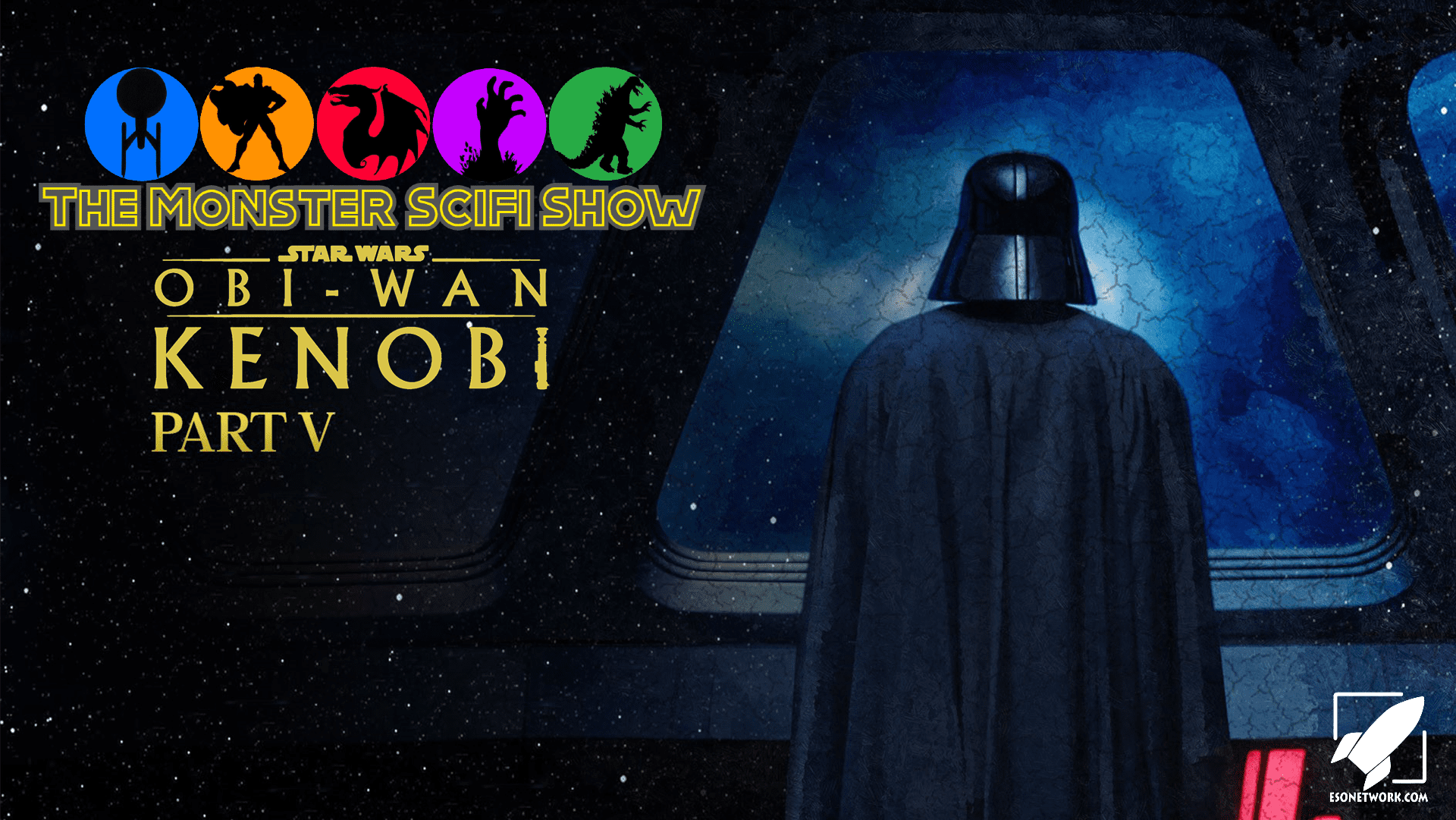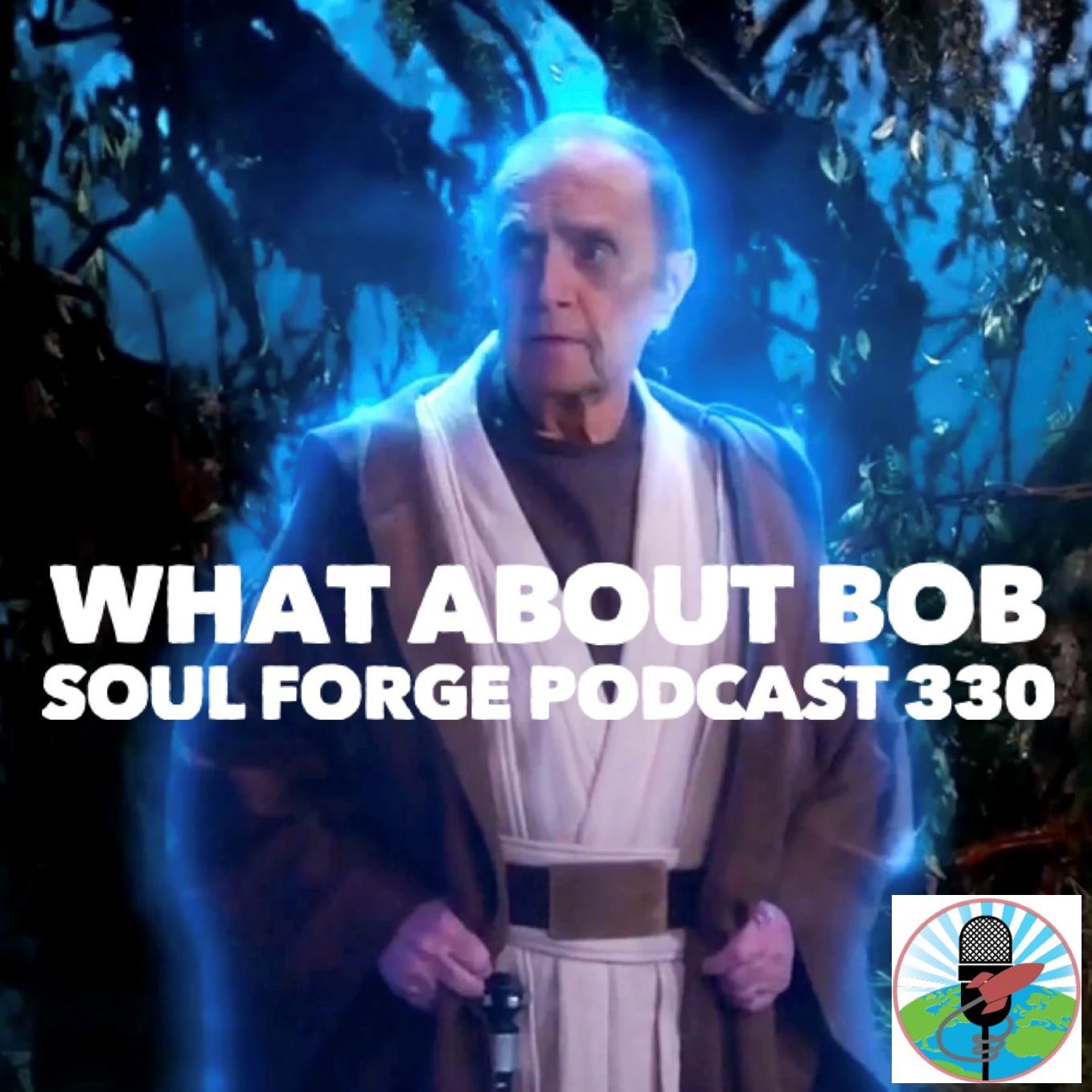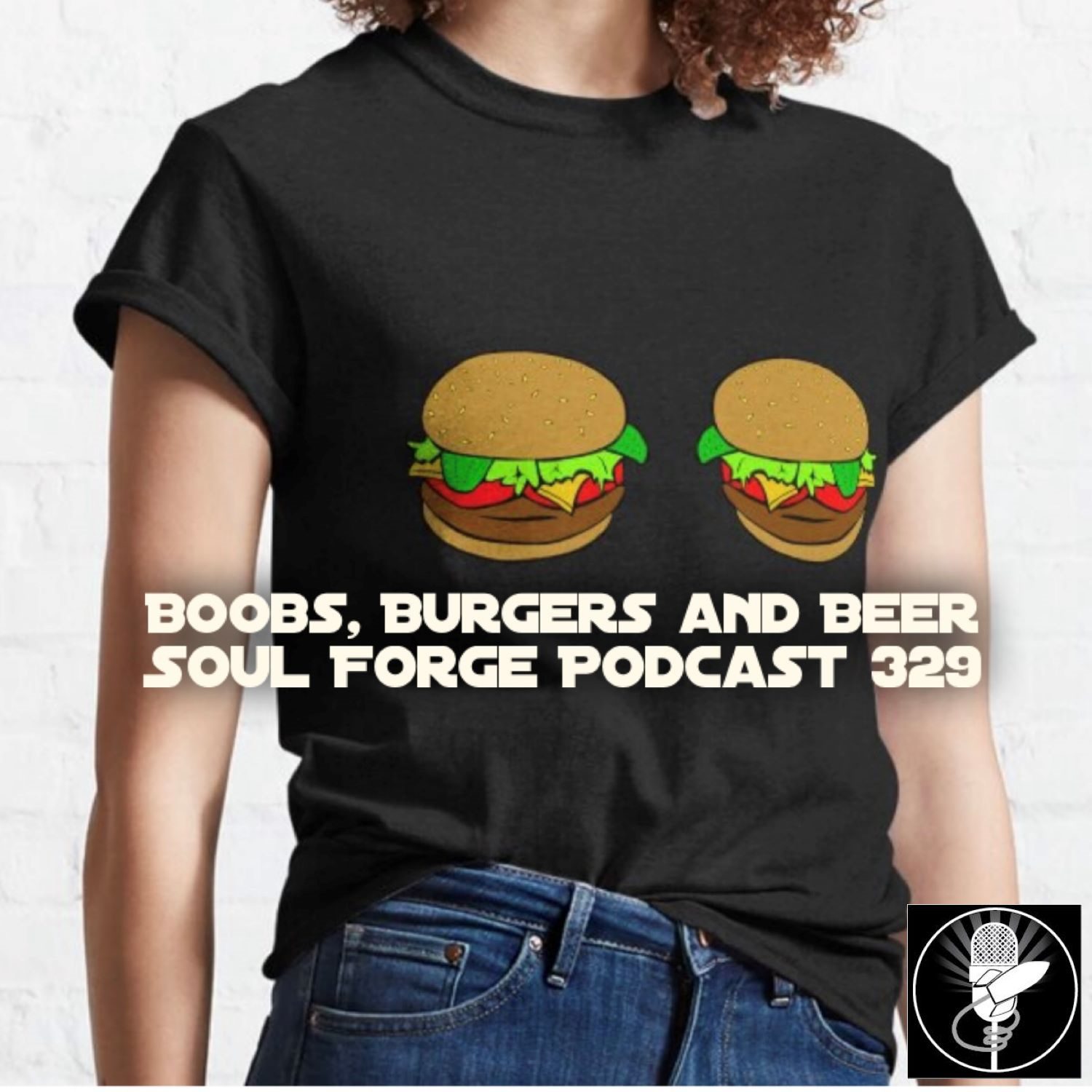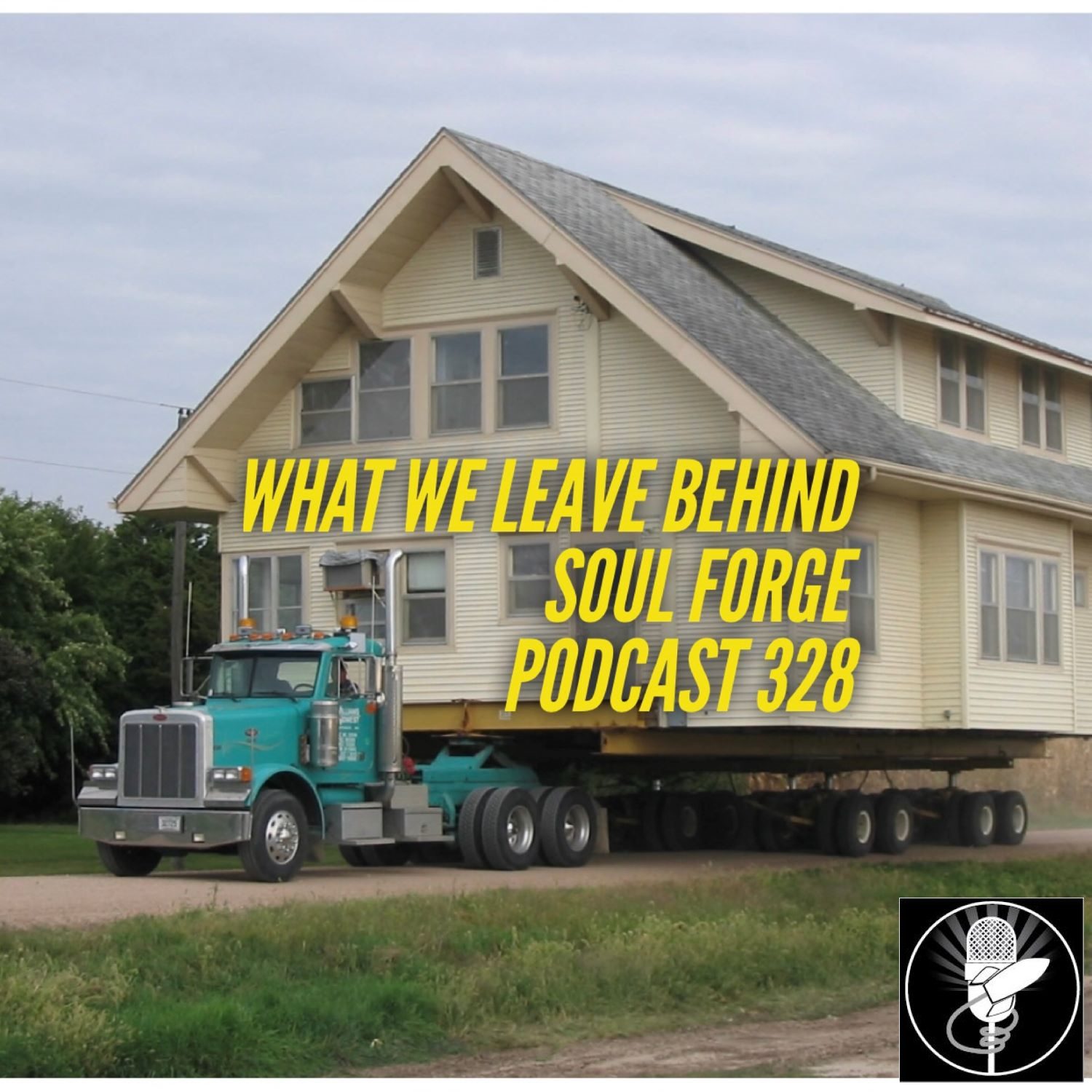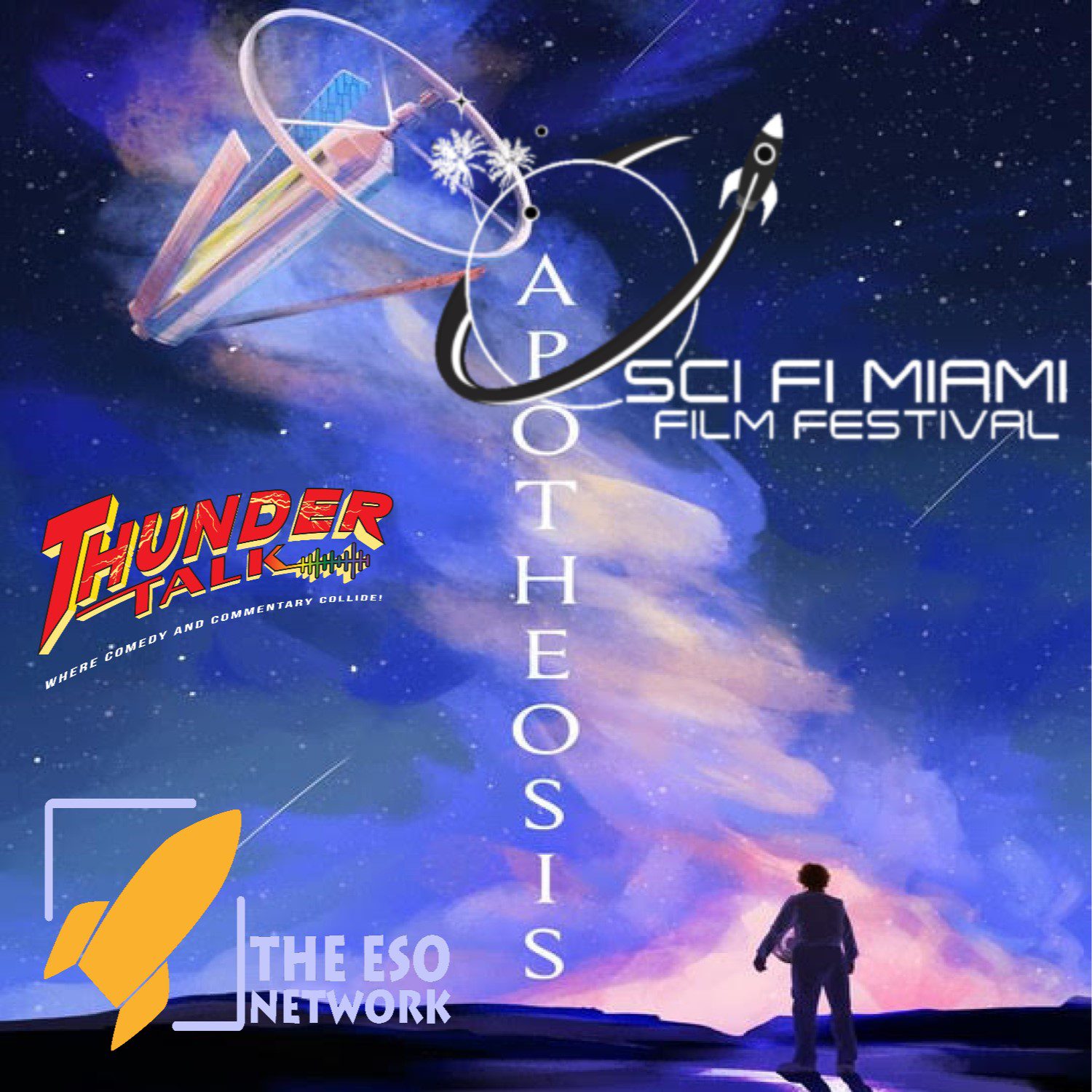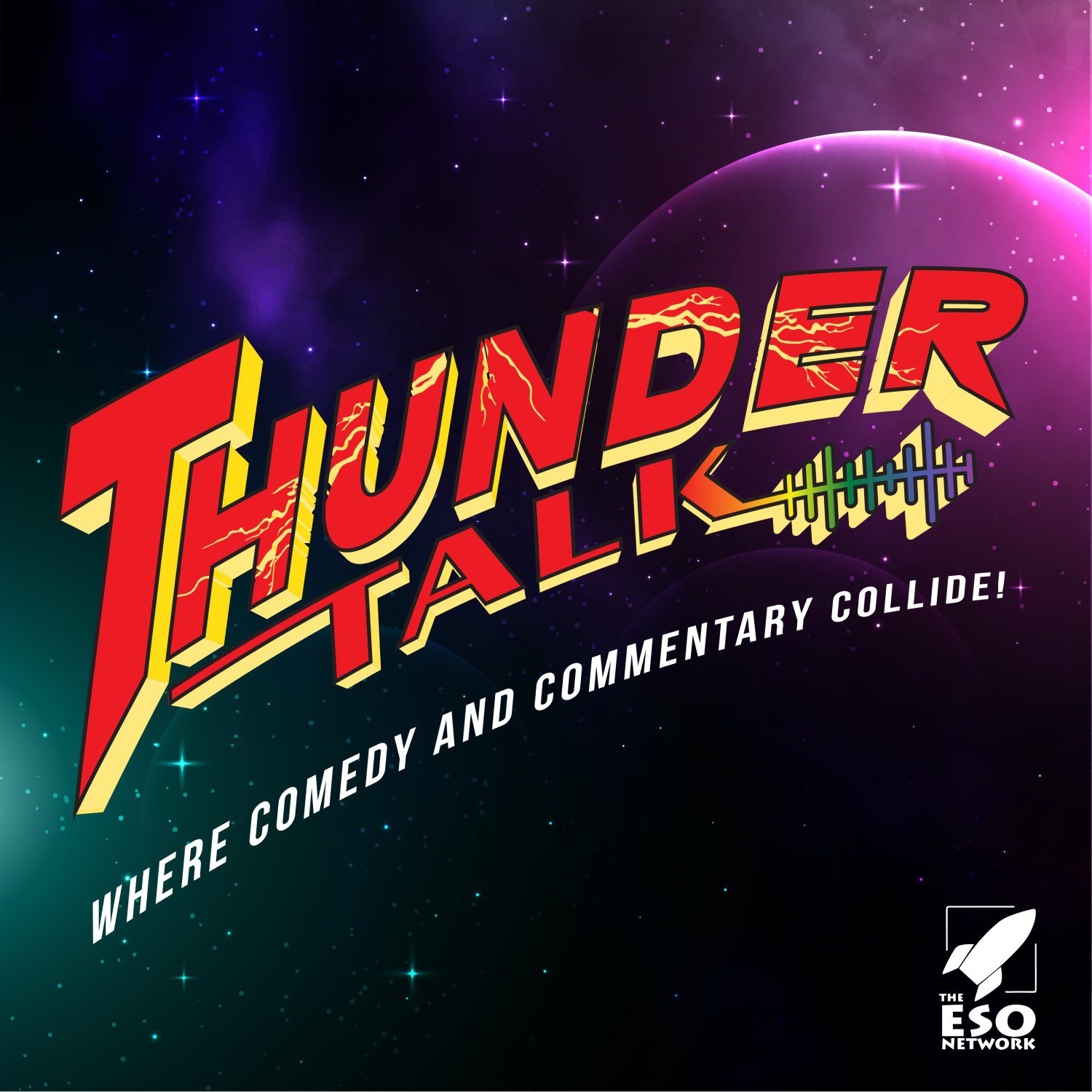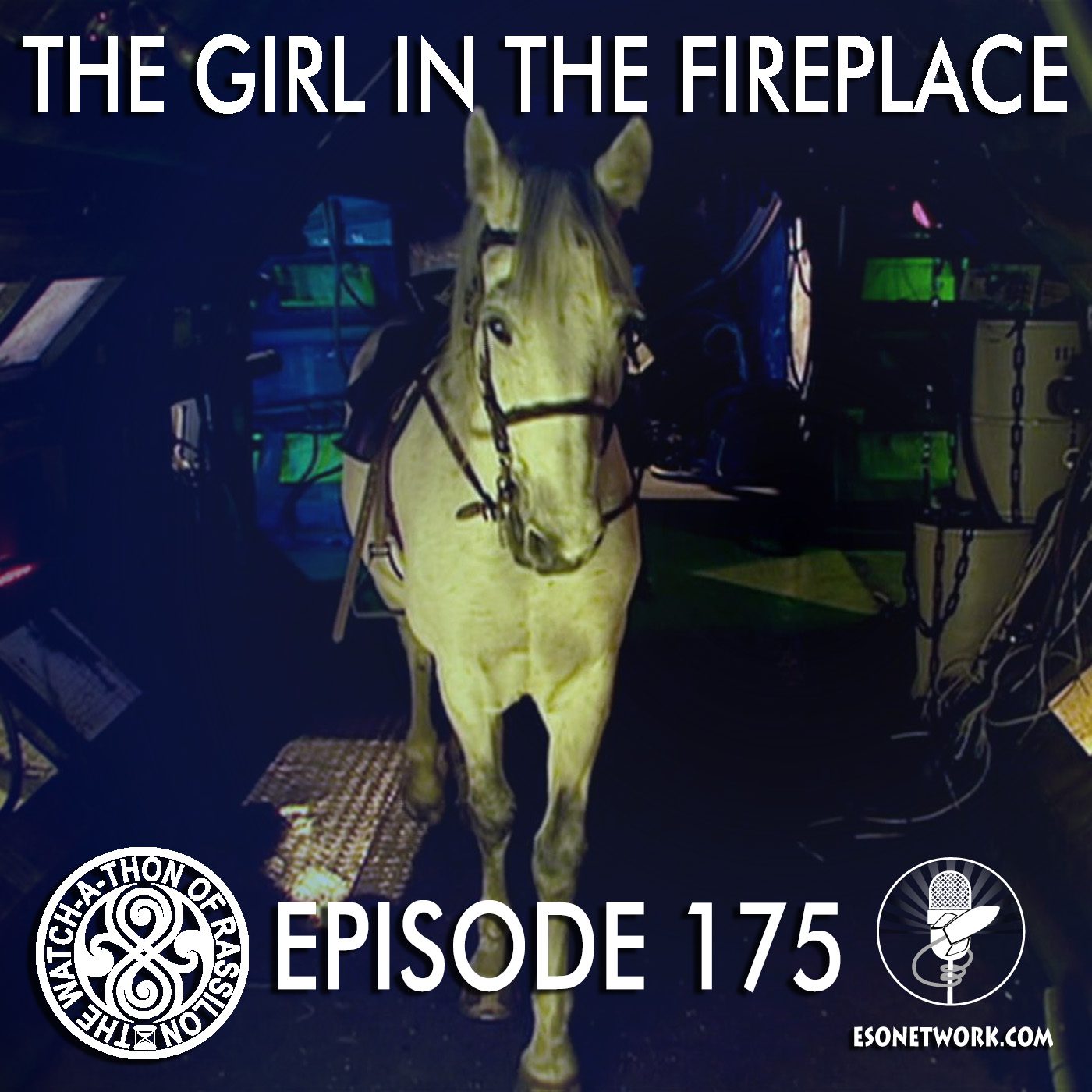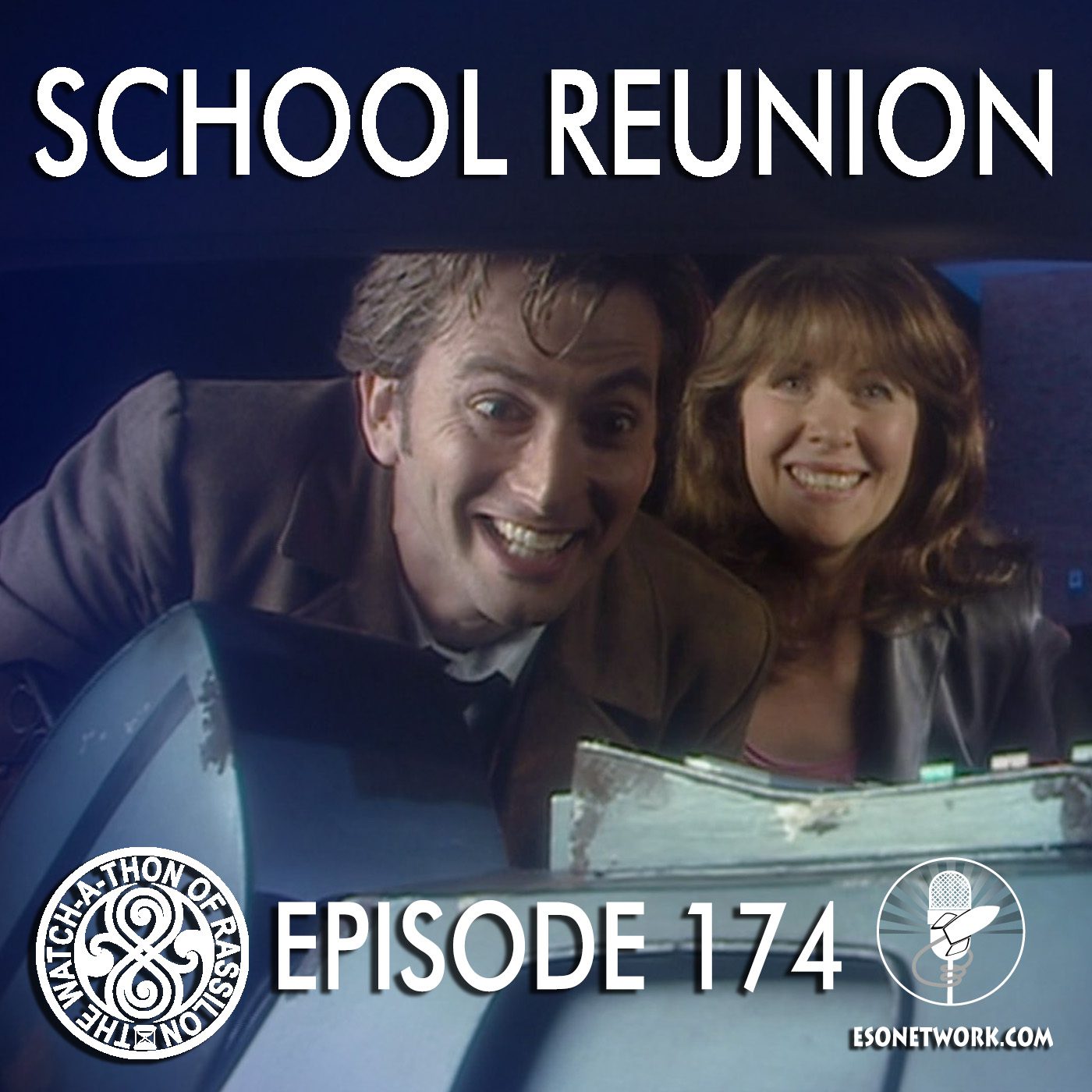So technically, “Hell or High Water” (2016) wasn’t on my original short list of films to watch for the “Better Late than Never…goes west” blog series. It’s also a bit of an outlier compared to the other films I’ve watched for the series.
While I’ve watched some Westerns that were filmed more recently, like 2010’s “True Grit,” all the films have had a historical setting, with cowboys, horses, stagecoaches, etc. “Hell or High Water” is actually set in the present day, and is classified as part of the neo-Western subgenre.
I see neo-Westerns as a further evolution of revisionist Westerns. According to Wikipedia, while neo-Westerns still utilize Old West themes like antiheroes, outlaws, gunfights, and wide-open landscapes, they are set in contemporary times.
This particular definition from Wikipedia was quite powerfully written, I thought, and I’m going to copy it here because it’s actually a rather effective summary of what “Hell or High Water” is all about:
“For the most part, [neo-Westerns] still take place in the American West and reveal the progression of the Old West mentality into the late 20th and early 21st centuries. This subgenre often features Old West-type characters struggling with displacement in a ‘civilized’ world that rejects their outdated brand of justice.”
Chris Pine and Ben Foster star as brothers Toby and Tanner Howard, two brothers who plan a series of bank robberies to save the family ranch from foreclosure. Jeff Bridges and Gil Birmingham play Marcus Hamilton and Alberto Parker, the two Texas Rangers who are hunting them.
Even though the plot sounds fairly straightforward, this film is far more complex than just two brothers robbing banks + lawmen trying to bring them to justice.
Tanner is no stranger to crime, and he’s served time in jail before. But why would Toby gamble on his future with a risky plan that could ruin his life forever?
To start with, the robberies aren’t exactly random, which the Texas Rangers soon figure out. The Howard brothers are targeting branches of Texas Midlands Bank, which their now-deceased mother was in debt to because of a reverse mortgage. Foreclosure is looming, and the Howards see these robberies as “frontier justice,” taking back money from an unjust system. Toby doesn’t get to see his sons often after his divorce, but he wants to build a better future for them than he had.
I remembered hearing a lot of buzz about this movie when it came out (it was nominated for multiple Academy Awards, including Best Picture and Best Original Screenplay). But I never got around to watching it, even though it stars one of my favorite actors, Chris Pine.
Maybe I’m a little biased, but I’ve always felt Pine doesn’t get enough praise for his range as an actor. He’s perfectly comfortable in big-budget blockbusters like the Star Trek reboot series and “Wonder Woman,” and he’s also great in more understated roles, like Toby Howard.
Toby is quieter and more reserved than Tanner, who seems to enjoy tempting fate and breaking the law. Toby is regularly trying to reign in his brother’s excesses, and he doesn’t always agree with Tanner’s decisions. On their last day of robberies, the brothers run into serious trouble for the first time, and Tanner makes a choice they cannot go back from.
Part of what makes this film so fascinating is the question of whether the brothers are the “good guys” or the “bad guys.” Are they Robin Hood-esque antiheroes, stealing from a greedy bank to protect their family legacy? Or are they still just criminals because they are breaking the law and seeking vengeance?
The film definitively answers the question of whether Tanner is a good guy (he’s not). But Toby is a much more complicated figure, and as a viewer you’re left to decide whether you should root for him or not.
The film ended in a different way than I was expecting, and I’m dying to talk about it because it’s so, so fascinating and includes a really great conversation between two characters that I didn’t think we’d get to see. But I’m leaving this review spoiler-free, because this movie is easily accessible on Netflix and if you haven’t seen it yet, you really, really need to. It’s probably my favorite film that I’ve watched for this blog series so far.
This movie is also a great example of how diverse the Western genre is in terms of styles and themes — something I didn’t really give it credit for in the past. I wouldn’t have thought that a film set in modern times could be called a Western, but I loved how “Hell or High Water” took elements of classic Westerns and updated them, addressing topics such as poverty, crime and class inequality.
“Hell or High Water” may have been a slight deviation from my original list of films to watch for this blog series, but I’m really glad I spotted it on Netflix and decided to give it a try.
